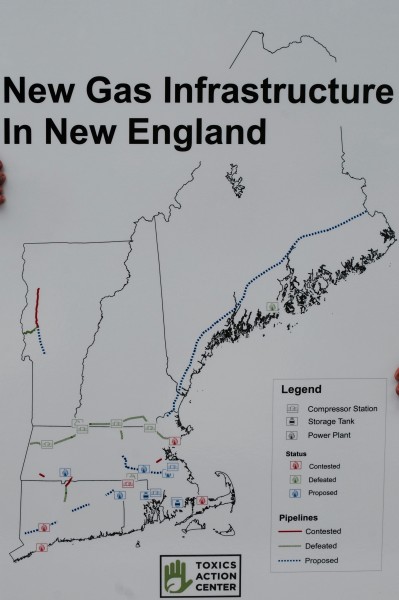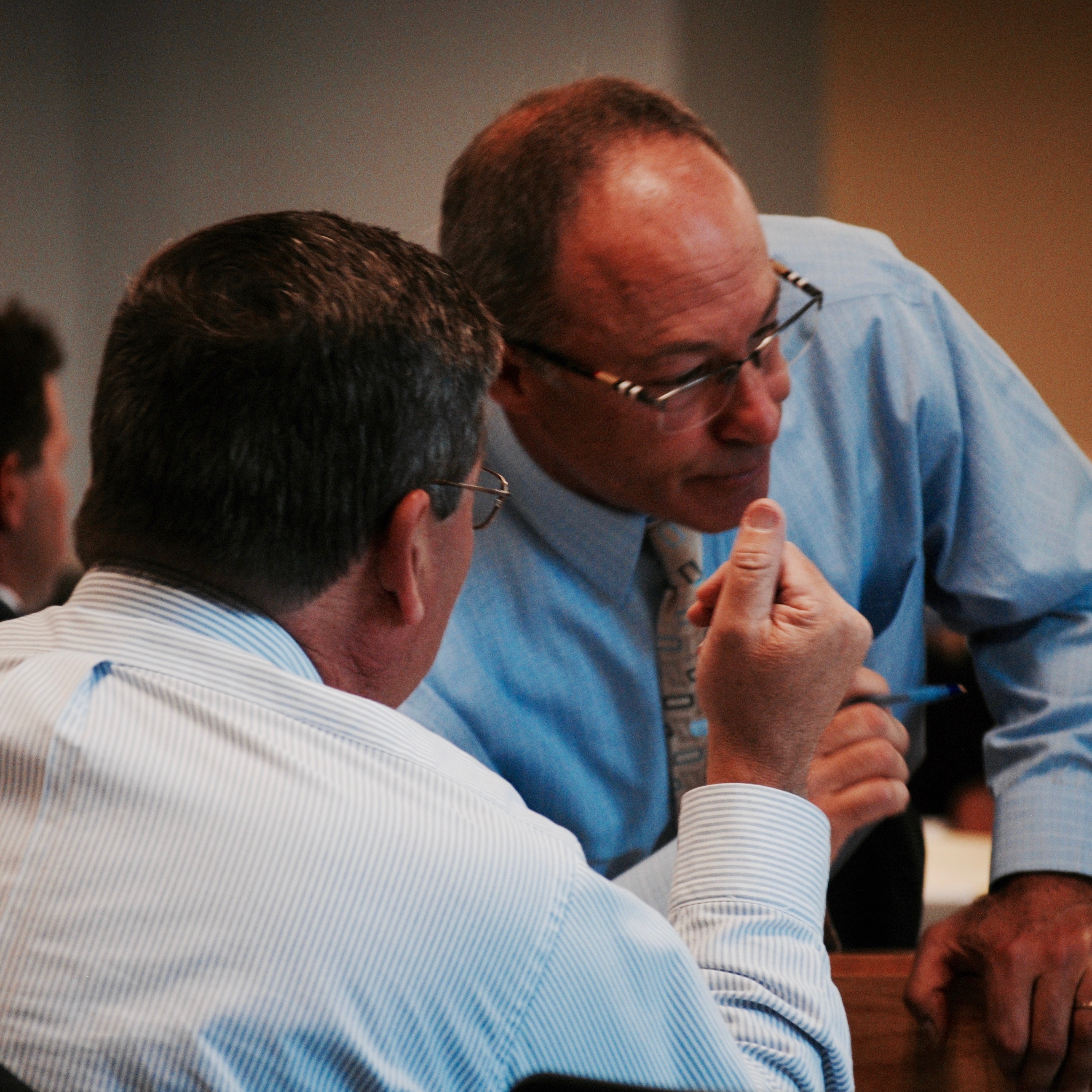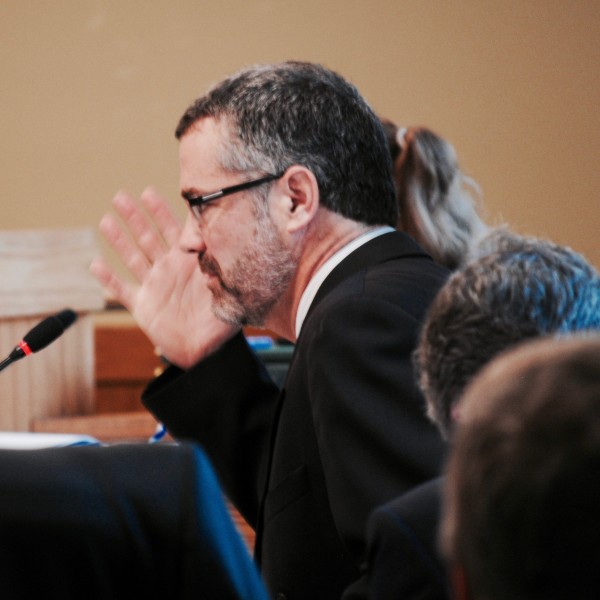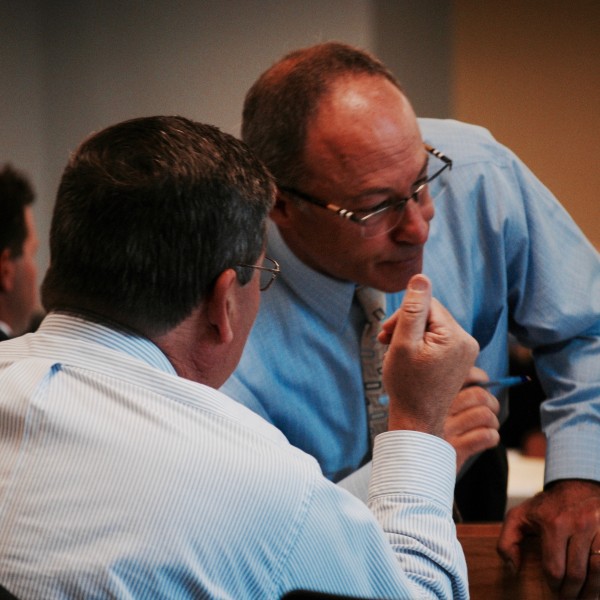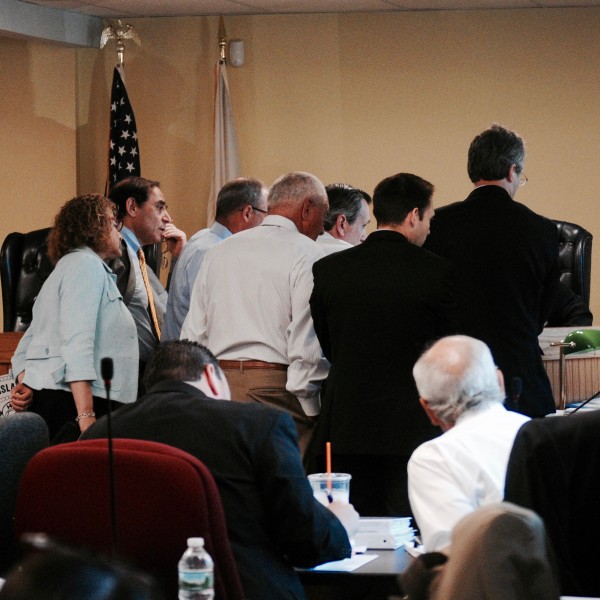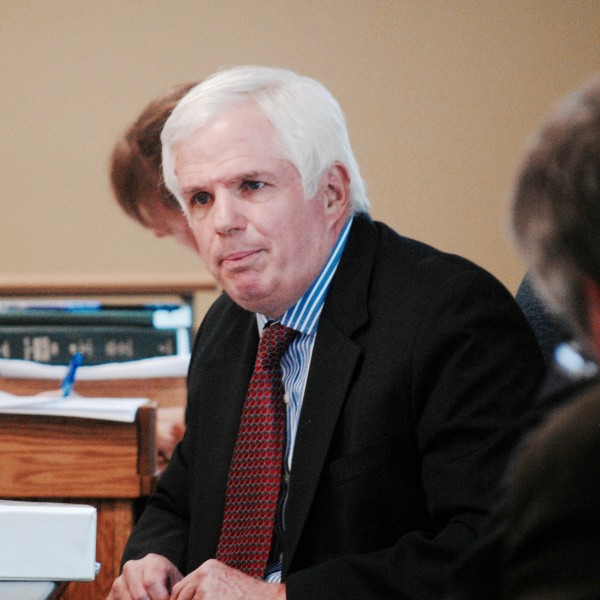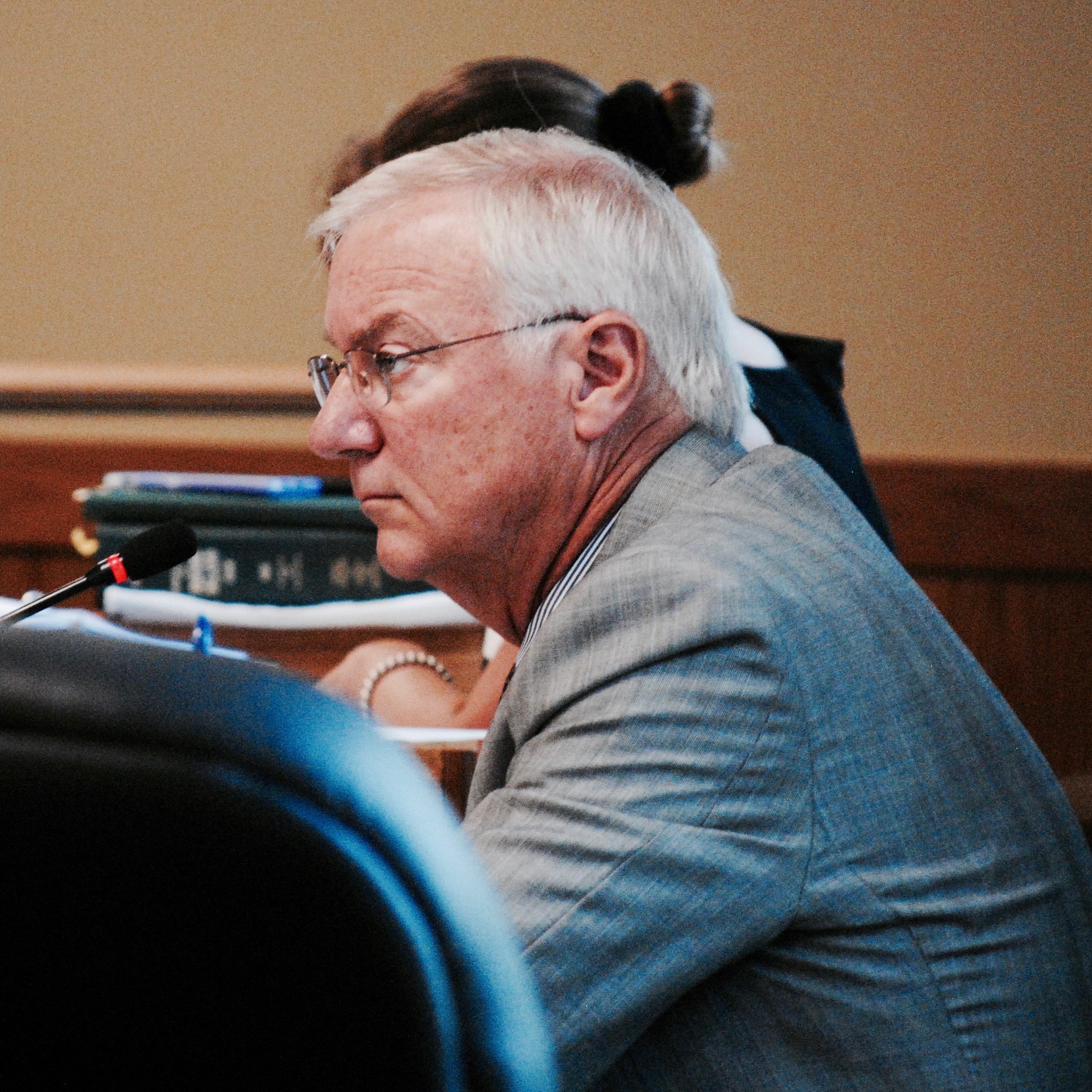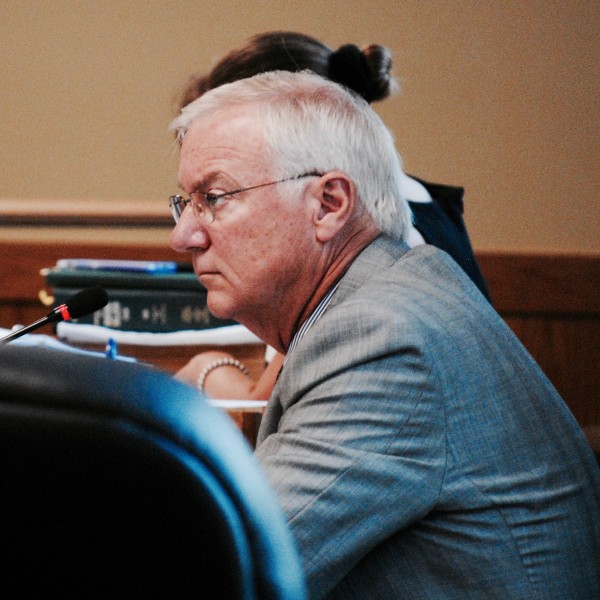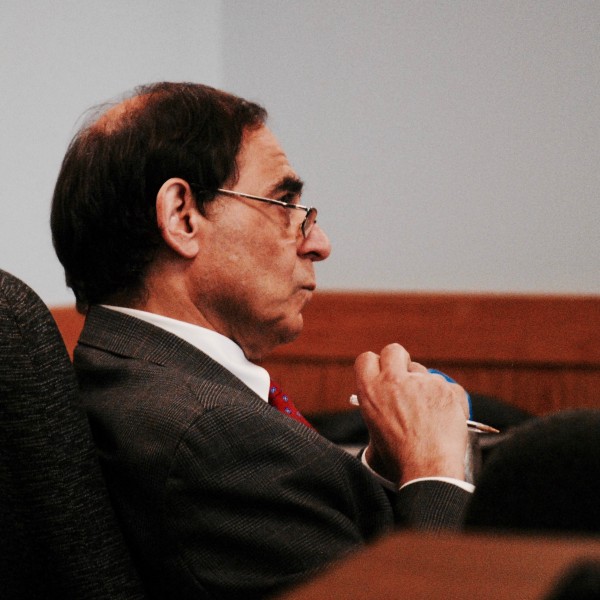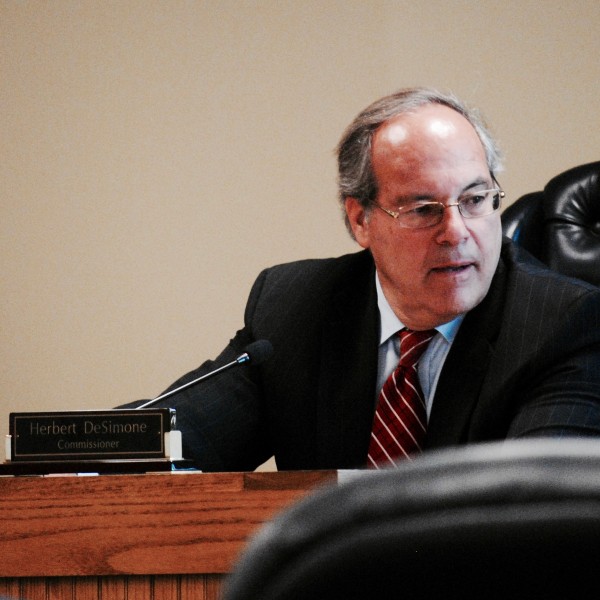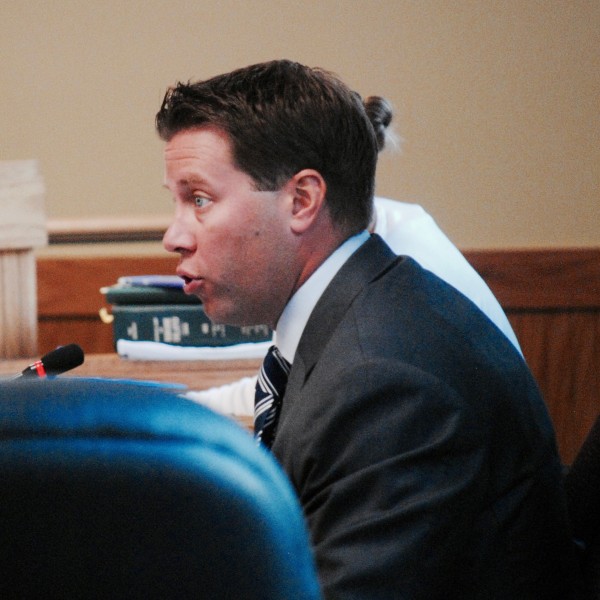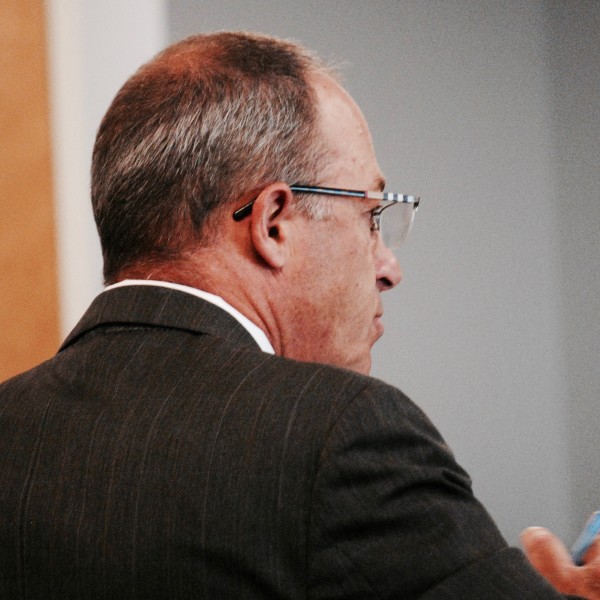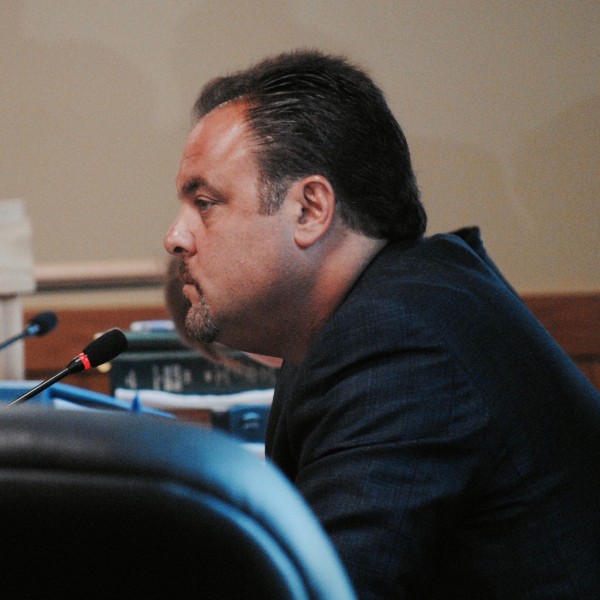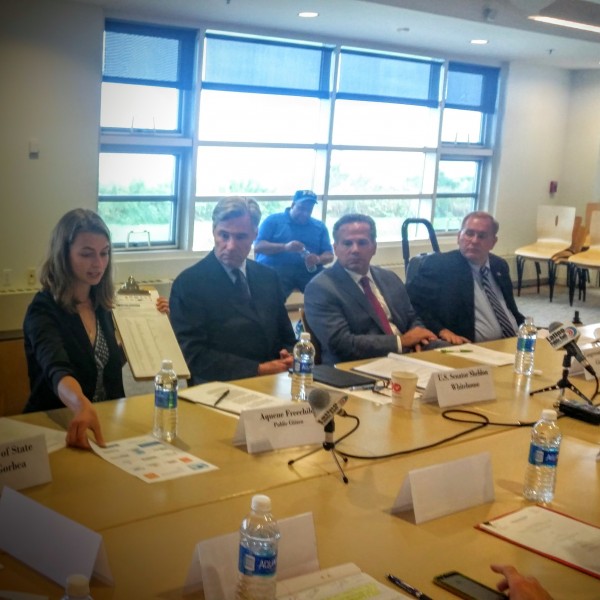 Saying that fighting dark money in politics is his “patriotic duty,” Senator Sheldon Whitehouse sat next to Congressmembers David Cicilline and James Langevin in a “roundtable discussion” to highlight his work on the DISCLOSE Act, introduced by the Senator in June, which would “require disclosure of donations greater than $10,000 to organizations spending at least $10,000 in an election.”
Saying that fighting dark money in politics is his “patriotic duty,” Senator Sheldon Whitehouse sat next to Congressmembers David Cicilline and James Langevin in a “roundtable discussion” to highlight his work on the DISCLOSE Act, introduced by the Senator in June, which would “require disclosure of donations greater than $10,000 to organizations spending at least $10,000 in an election.”
“The American people want and deserve accountability in their elections,” said Whitehouse, “Unchecked secret corporate spending has tipped the scales of power away from ordinary Americans and in favor of big special interests. If Congress is going to make meaningful progress in the months and years ahead on important issues that matter to Rhode Islanders like addressing climate change, reforming our broken campaign finance system is the first step.”
Whitehouse’s DISCLOSE Act, which has been supported by Langevin and Cicilline in the U.S. House of Representatives, is part of the “We the People” legislative package to deal with secret corporate political spending, lobbyist influence, the revolving door, and other facets of the campaign finance system. Whitehouse touted the suite of legislation as a solution to the corporate spending blocking meaningful legislative action on issues like ensuring economic security for the middle class and addressing climate change.
It seems that Whitehouse mentioned climate change and chose Save the Bay’s headquarters in Providence as the location of his round table discussion because, as the Senator said in response to Meghan Kallman, chair of the RI Sierra Club, “I think it’s pretty safe to say, that at a national level, the climate battle is the campaign finance battle. They’re totally married together into one thing.”
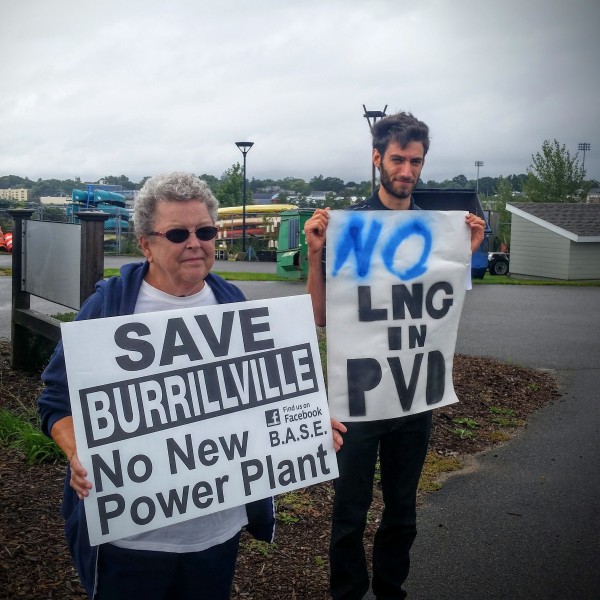 Notably, there were protesters outside Save the Bay holding signs reminding their elected representatives about both Invenergy’s proposed $700 million fracked gas and diesel oil burning power plant and National Grid’s proposed LNG liquefaction facility for Fields Point in the Port of Providence, a stone’s throw away. They were there to remind elected officials that their jobs in Washington do not absolve them from taking positions on local issues. None of the elected leaders in the room, aside from State Senator Juan Pichardo, who has publicly taken a stand against the LNG plant in Providence, have thrown their considerable political weight behind the opposition to these projects.
Notably, there were protesters outside Save the Bay holding signs reminding their elected representatives about both Invenergy’s proposed $700 million fracked gas and diesel oil burning power plant and National Grid’s proposed LNG liquefaction facility for Fields Point in the Port of Providence, a stone’s throw away. They were there to remind elected officials that their jobs in Washington do not absolve them from taking positions on local issues. None of the elected leaders in the room, aside from State Senator Juan Pichardo, who has publicly taken a stand against the LNG plant in Providence, have thrown their considerable political weight behind the opposition to these projects.
“This is a national package, [but] many many many issues are local,” said Kallman, “We’re watching Dakota. We’re watching Burrillville. We’re watching Fields Point… We have something of a disconnect between what’s happening on the national level and where the front line battles are being fought.”
 The influence of corporate spending on elections since the 2010 Citizens United decision by the Supreme Court is a major concern to all who attended the event. Citizens United unleashed a previously restricted torrent of special interest money into the political system. More than $1.5 billion in unlimited contributions, including more than $500 million in secret contributions, have been poured into federal elections since the decision was issued.
The influence of corporate spending on elections since the 2010 Citizens United decision by the Supreme Court is a major concern to all who attended the event. Citizens United unleashed a previously restricted torrent of special interest money into the political system. More than $1.5 billion in unlimited contributions, including more than $500 million in secret contributions, have been poured into federal elections since the decision was issued.
“It didn’t take long after Citizens United for secret money has find its way to the shores of Rhode Island,” said John Marion, Executive Director of Common Cause Rhode Island. “We know that Rhode Islanders don’t want unlimited undisclosed money in our elections. We are fortunate to have a congressional delegation that has taken this issue seriously and has offered real solutions for the problems posed by big money in our politics.”
“Senator Whitehouse is a national leader fighting to make our elections and government work for everyday people again through the We the People Act,” said Aquene Freechild, campaign co-director of Public Citizen‘s Democracy Is For People Campaign. “He’s pushing the current congressional majority to snap out of their campaign cash-induced paralysis and stand up to the tiny but influential donor class: by overturning Citizens United, disclosing all spending in elections, and slamming shut the revolving door that transforms public servants into corporate shills.”
Also in attendance at the roundtable discussion were RI Secretary of State Nellie Gorbea, RI State Representative Art Handy, state director of Clean Water Action Jonathan Berard, Save the Bay’s Topher Hamblett and Dean Michael J. Yelnosky of the Roger Williams University School of Law. You can watch the rest of the video from the event below.

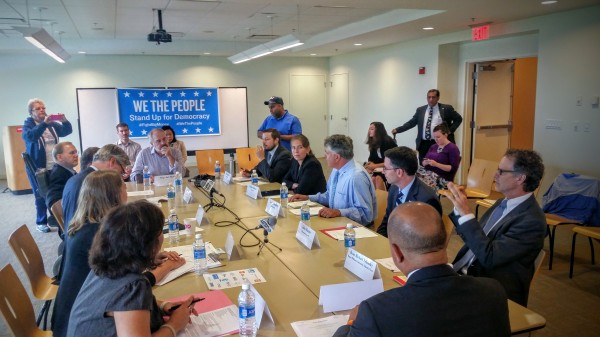

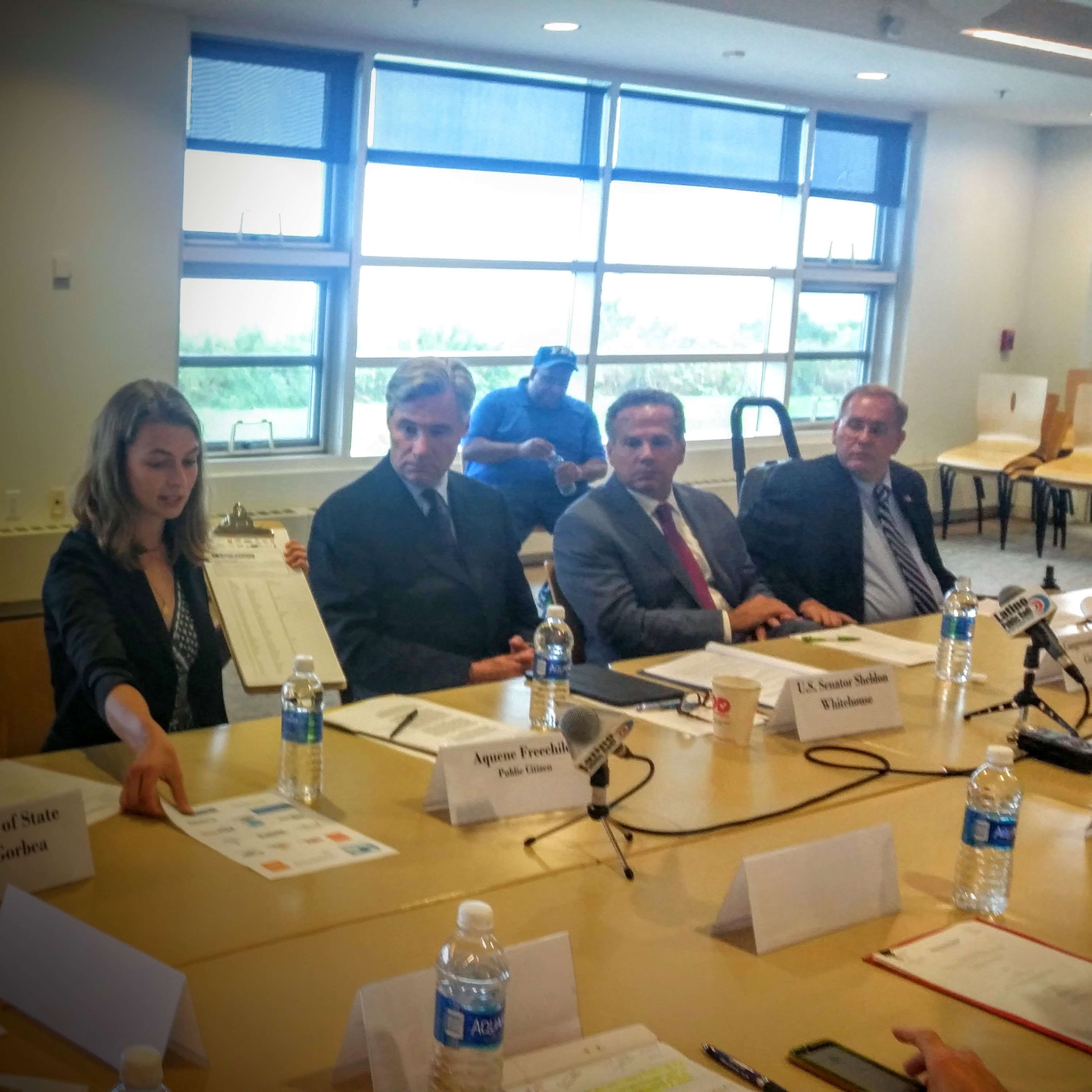

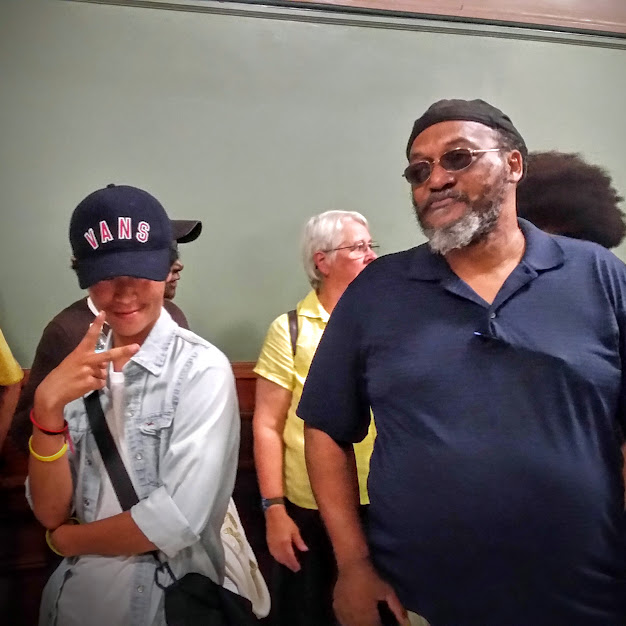
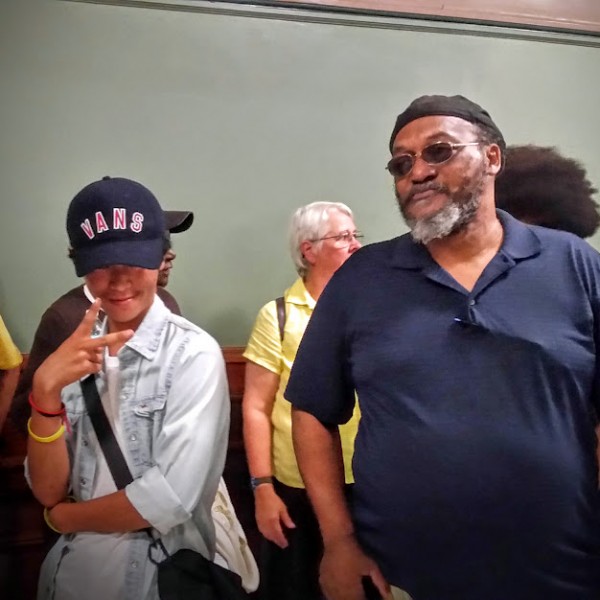
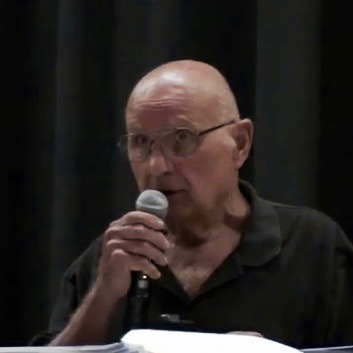
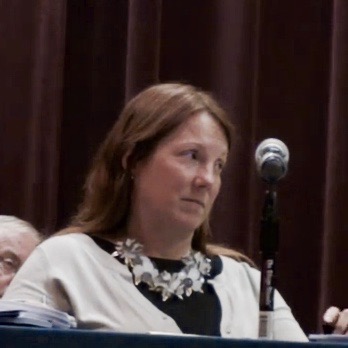

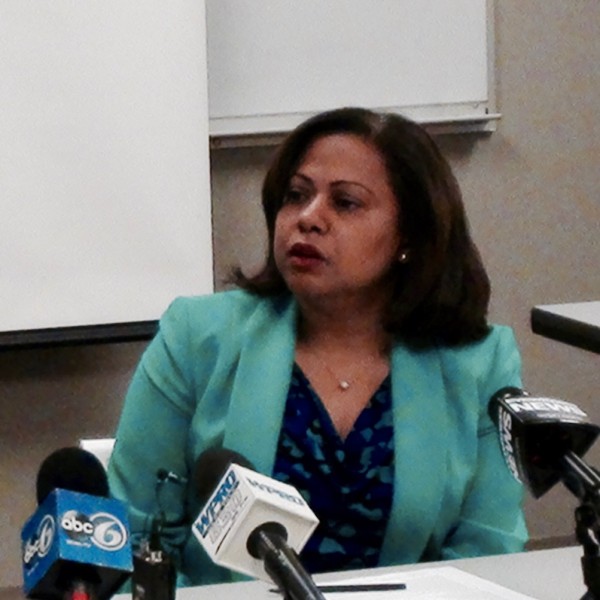
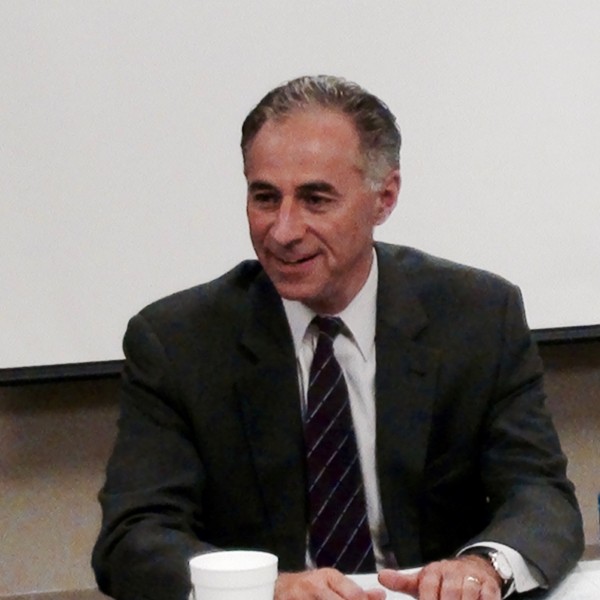
 As for the staff DHS is cutting, saying that there are openings at DCYF is disingenuous. Many of the staff losing their positions at DHS started at DCYF, said Pearlmutter. They took jobs at DHS “because the work at DCYF is so crisis oriented. It’s difficult and emotional work that many found they couldn’t do any more.”
As for the staff DHS is cutting, saying that there are openings at DCYF is disingenuous. Many of the staff losing their positions at DHS started at DCYF, said Pearlmutter. They took jobs at DHS “because the work at DCYF is so crisis oriented. It’s difficult and emotional work that many found they couldn’t do any more.”
 The Burrillville Planning Board
The Burrillville Planning Board 
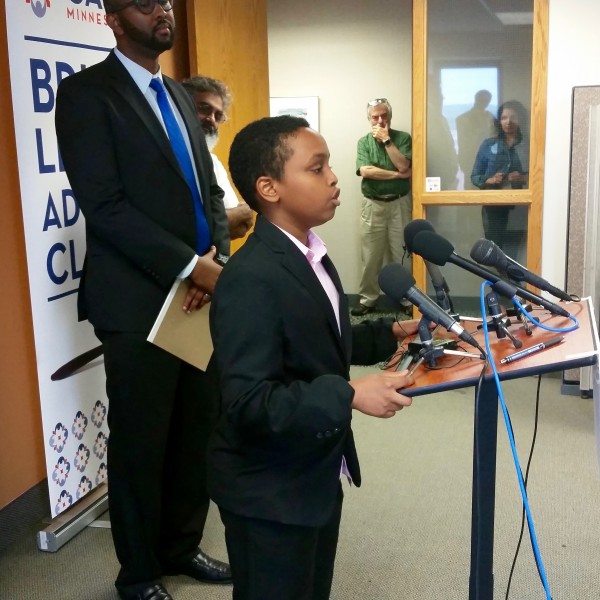
 After the press conference I headed across town to the Minnesota State Republican Offices where Cosecha Minnesota was holding a “
After the press conference I headed across town to the Minnesota State Republican Offices where Cosecha Minnesota was holding a “ My last stop was at the Minneapolis Convention Center, where people representing virtually everyone Trump has ever publicly maligned, including immigrants, black Americans, members of the LGBTQ community, women, Muslims, indigenous Americans and more, gathered together to denounce Trump ahead of his visit to a large donor rally.
My last stop was at the Minneapolis Convention Center, where people representing virtually everyone Trump has ever publicly maligned, including immigrants, black Americans, members of the LGBTQ community, women, Muslims, indigenous Americans and more, gathered together to denounce Trump ahead of his visit to a large donor rally. Trump did not make a public appearance in Minnesota, or even speak to the press. He spoke to donors only at the Convention Center. But his very presence in the city was enough to galvanize this group to come out to speak, sing, dance and chant their opposition to Trump being president.
Trump did not make a public appearance in Minnesota, or even speak to the press. He spoke to donors only at the Convention Center. But his very presence in the city was enough to galvanize this group to come out to speak, sing, dance and chant their opposition to Trump being president.











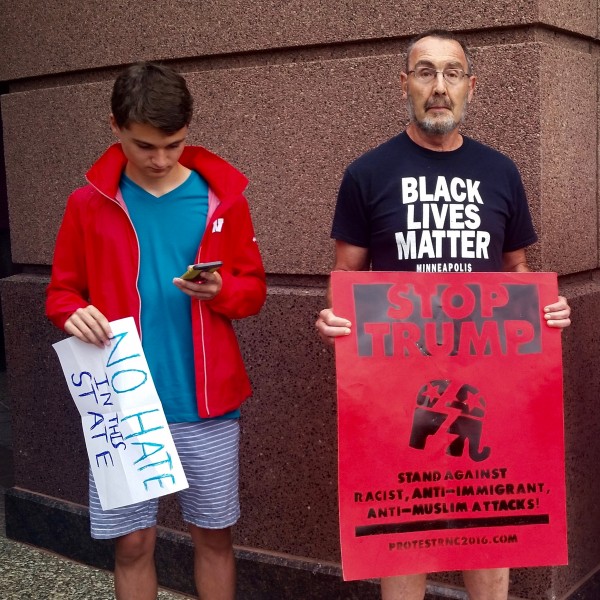


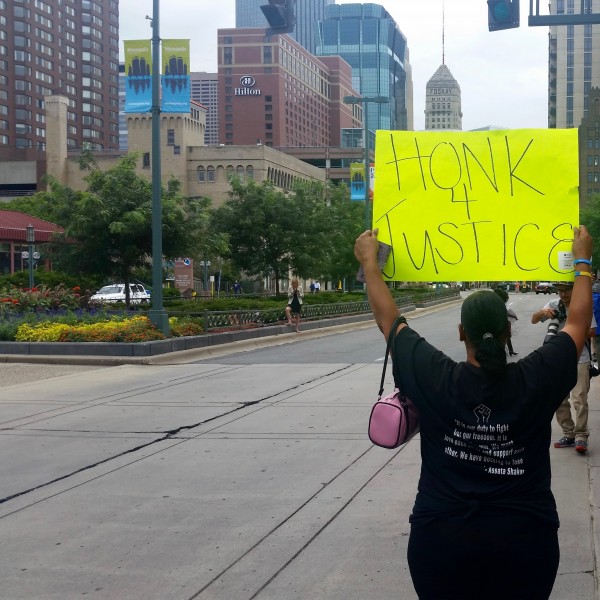

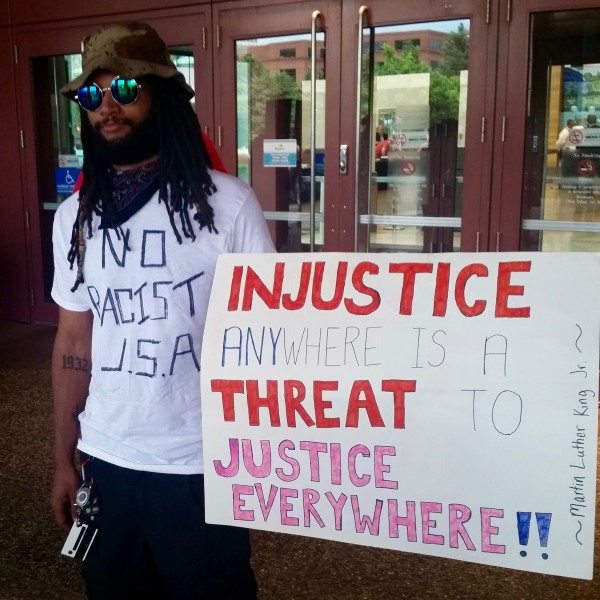



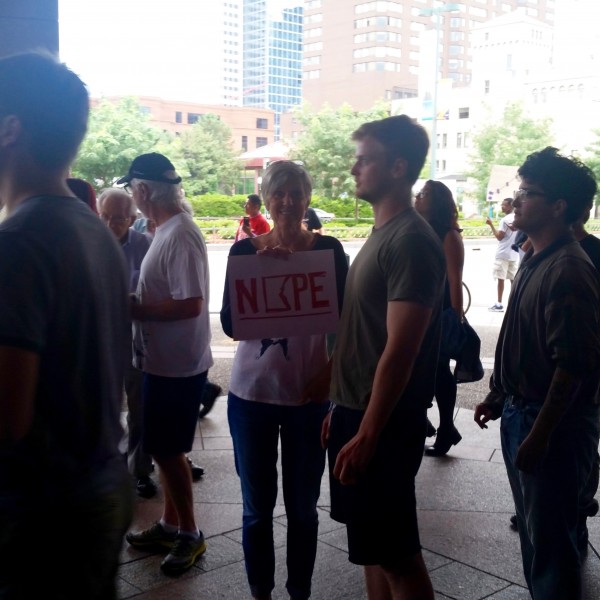
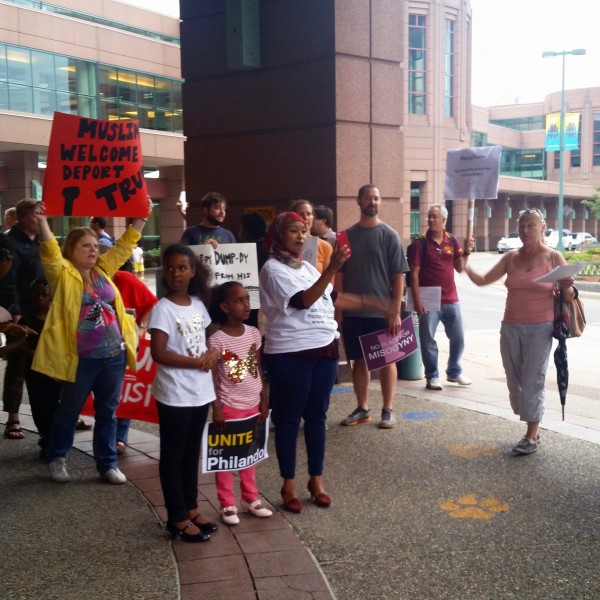
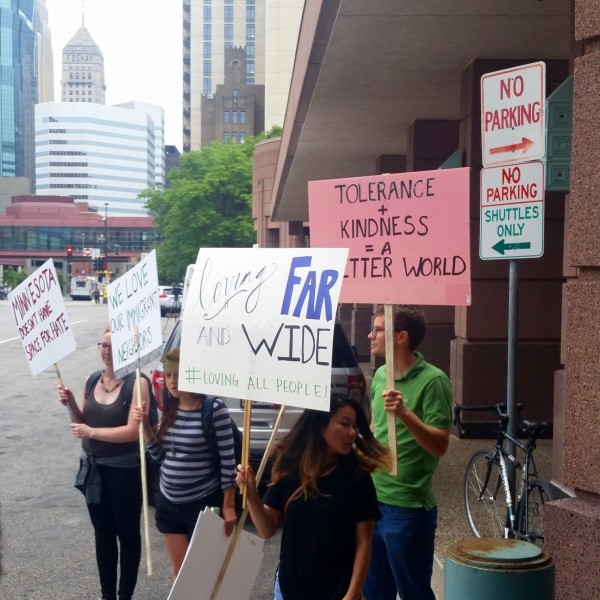


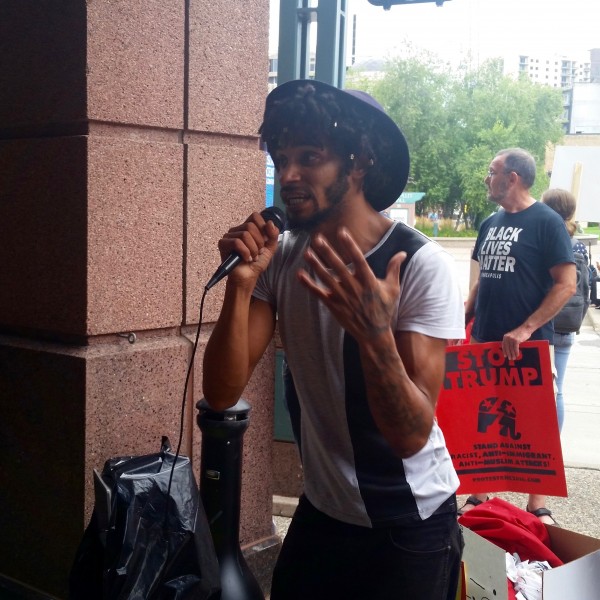
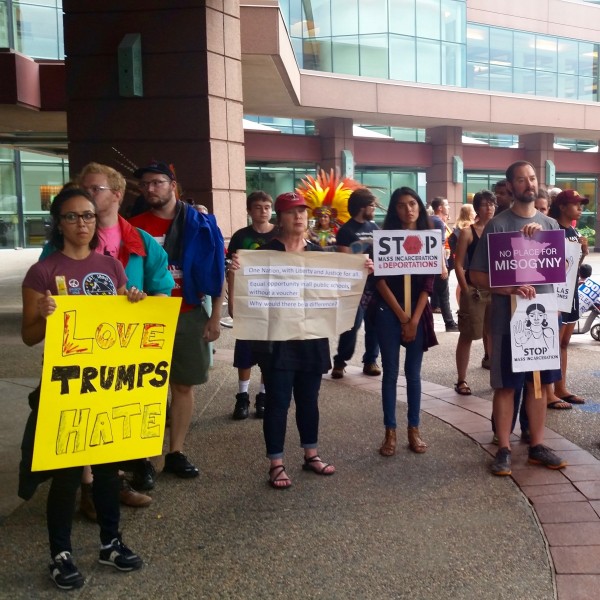

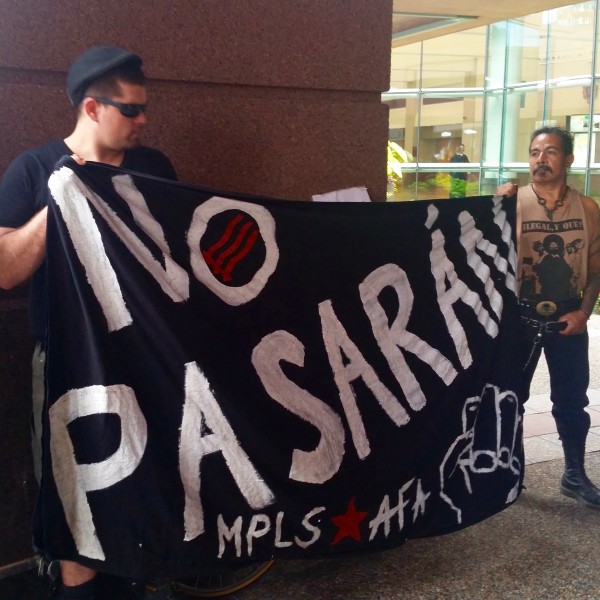
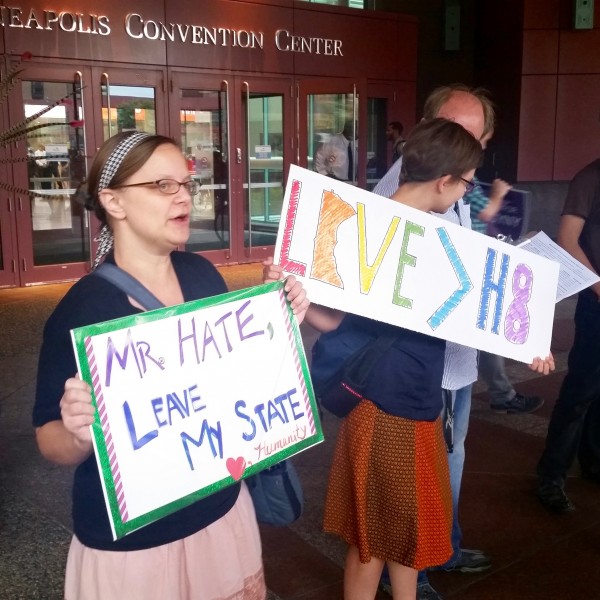




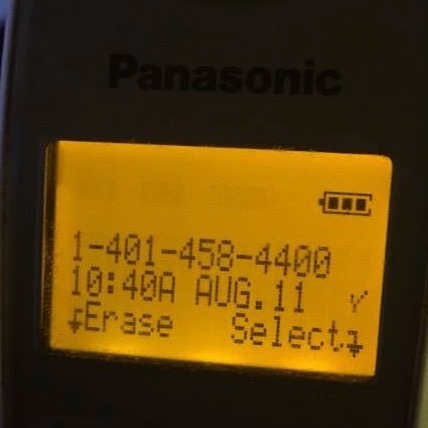
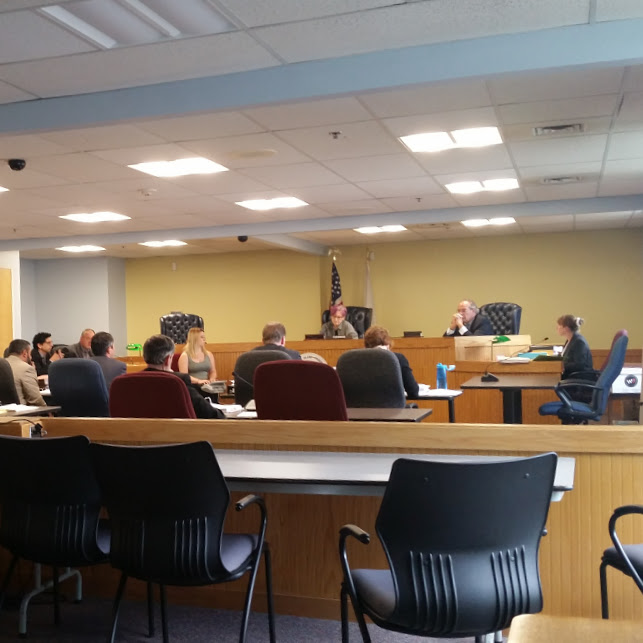
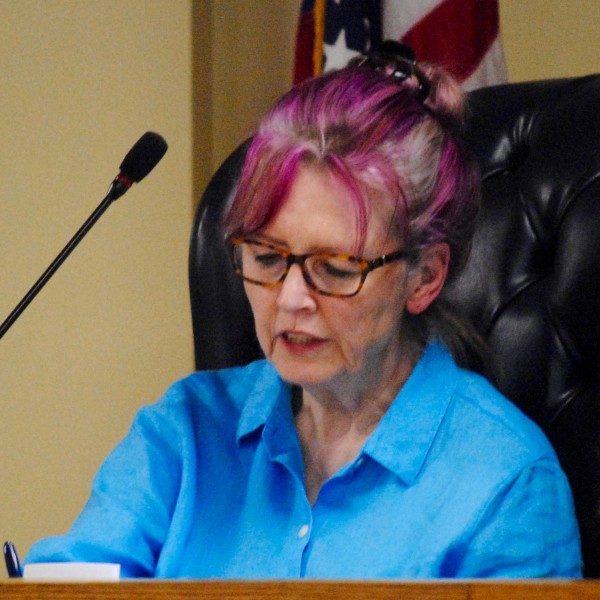

 The Rhode Island Department of Health (RIDOH) held a public comment hearing in Burrillville Tuesday to solicit opinions on the potential health effects of building Invenergy‘s proposed $700 million fracked gas and diesel oil burning power plant. RIDOH has been tasked by the Energy Facility Siting Board (EFSB) to create a non-binding advisory opinion on potential public health concerns relating to the project, including but not limited to biological responses to power frequency, electric, and magnetic fields associated with the operation of the power plant, and the potential impacts on the quality of drinking water associated with the construction and operation of the plant. The final report is due in early September.
The Rhode Island Department of Health (RIDOH) held a public comment hearing in Burrillville Tuesday to solicit opinions on the potential health effects of building Invenergy‘s proposed $700 million fracked gas and diesel oil burning power plant. RIDOH has been tasked by the Energy Facility Siting Board (EFSB) to create a non-binding advisory opinion on potential public health concerns relating to the project, including but not limited to biological responses to power frequency, electric, and magnetic fields associated with the operation of the power plant, and the potential impacts on the quality of drinking water associated with the construction and operation of the plant. The final report is due in early September.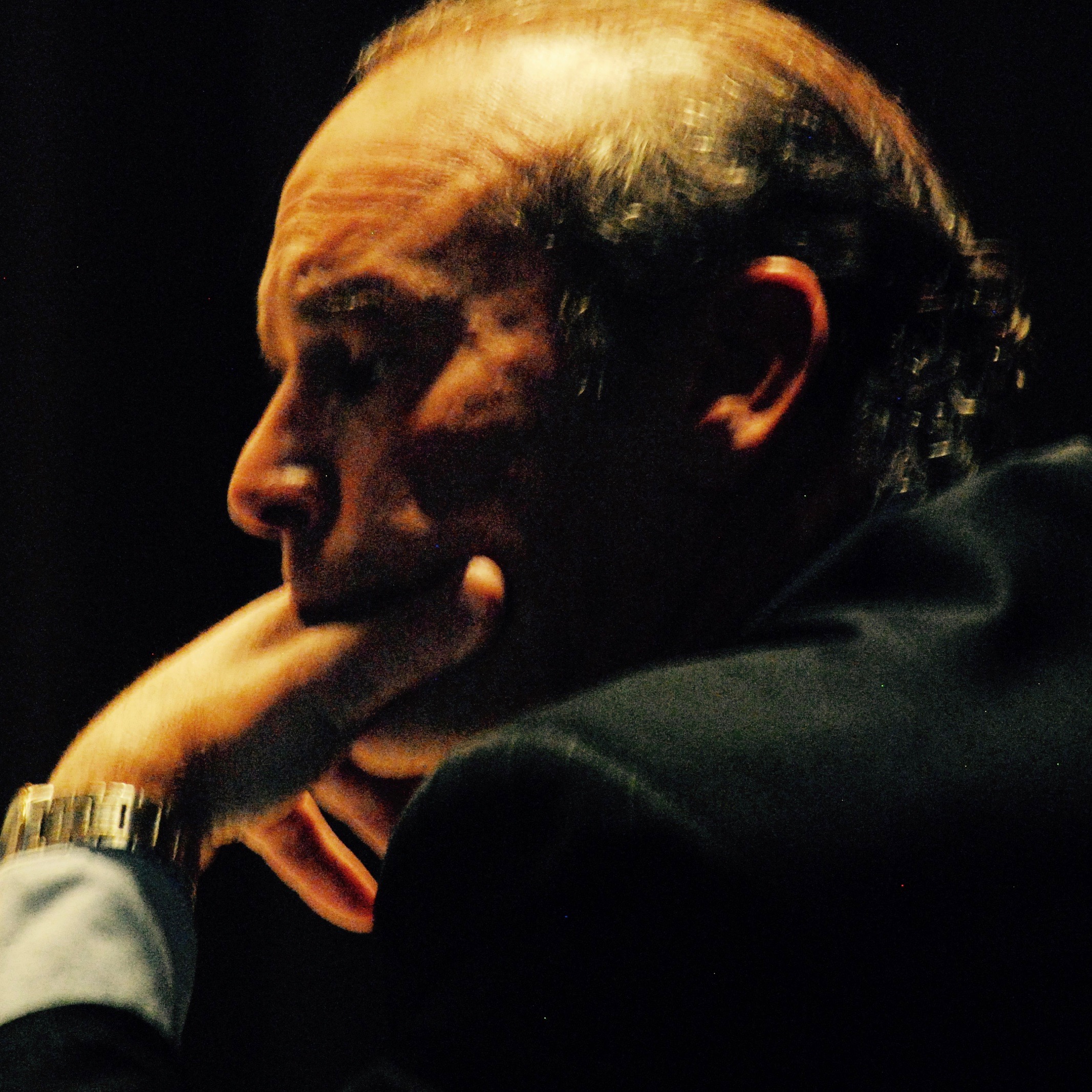
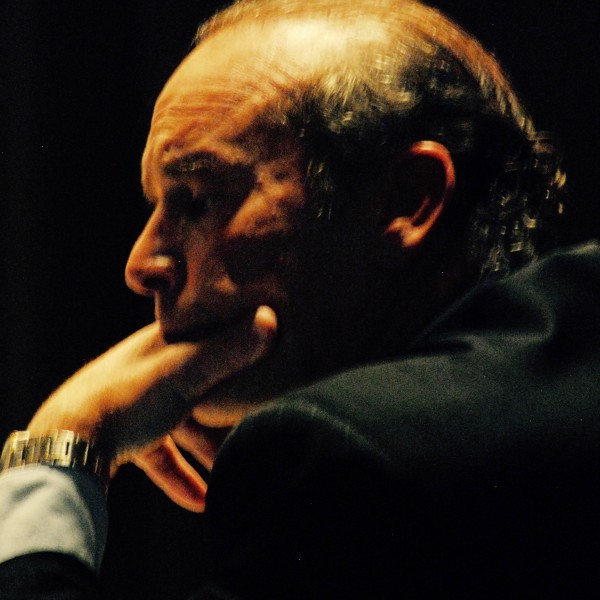

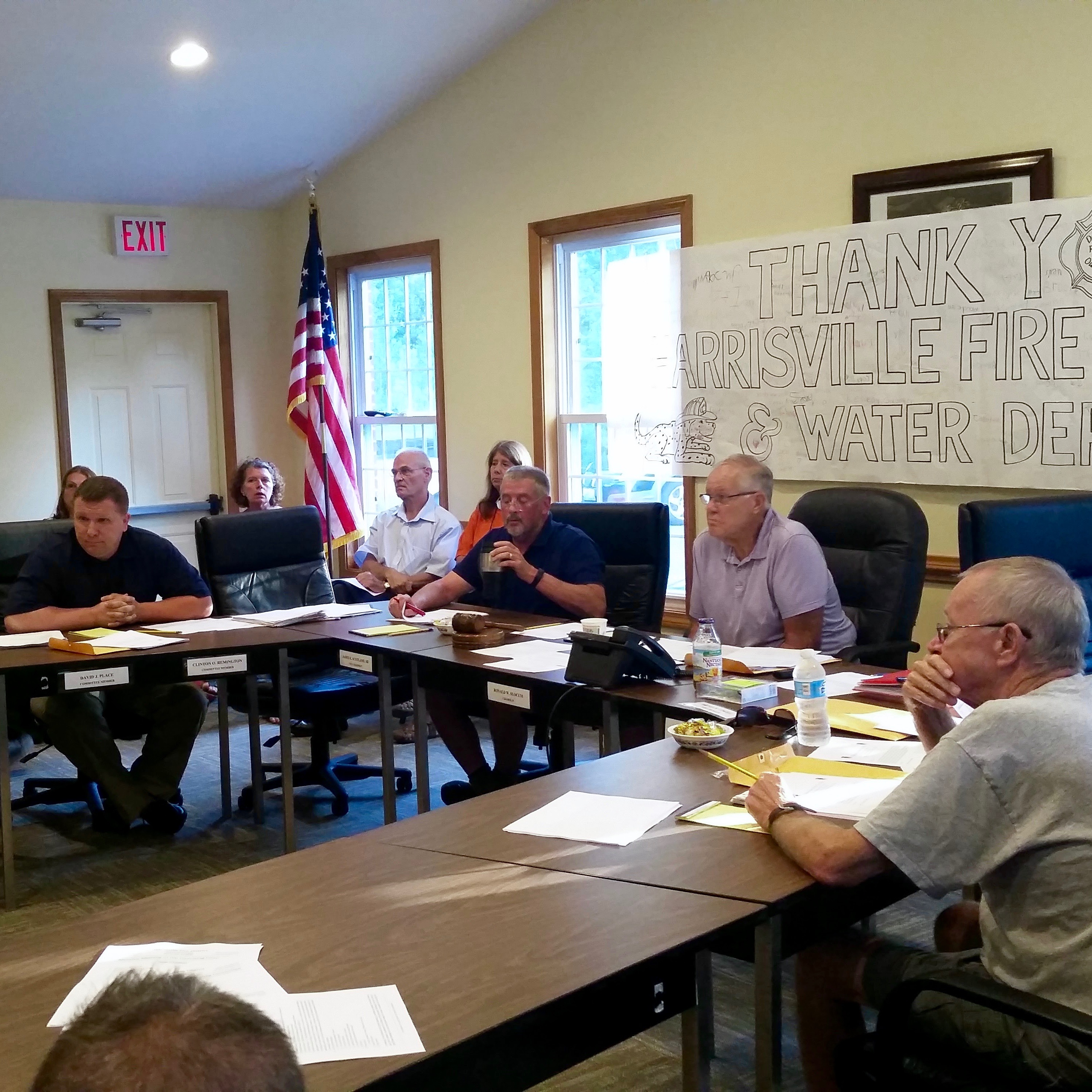
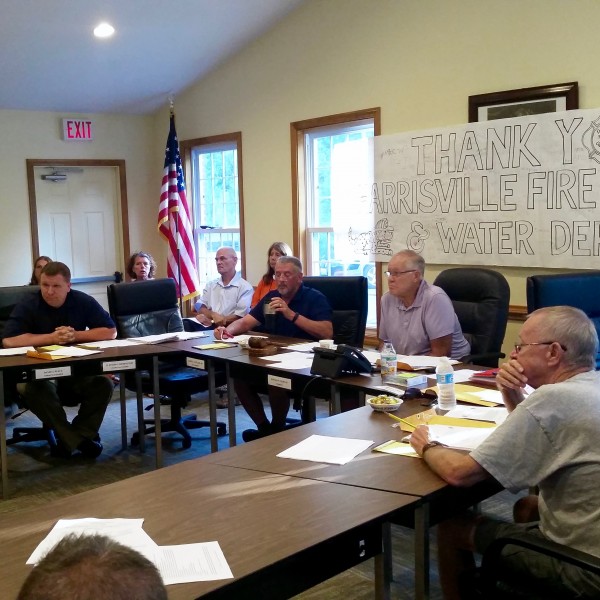 The Harrisville Fire District and Water Board voted 5-1 to turn down Invenergy’s offer to purchase water to cool it’s proposed $700 million fracked gas and diesel oil burning power plant in Burrillville. Thunderous applause broke out in the Assembly Theater, where the meeting had to be held to accommodate the nearly 100 people in attendance.
The Harrisville Fire District and Water Board voted 5-1 to turn down Invenergy’s offer to purchase water to cool it’s proposed $700 million fracked gas and diesel oil burning power plant in Burrillville. Thunderous applause broke out in the Assembly Theater, where the meeting had to be held to accommodate the nearly 100 people in attendance.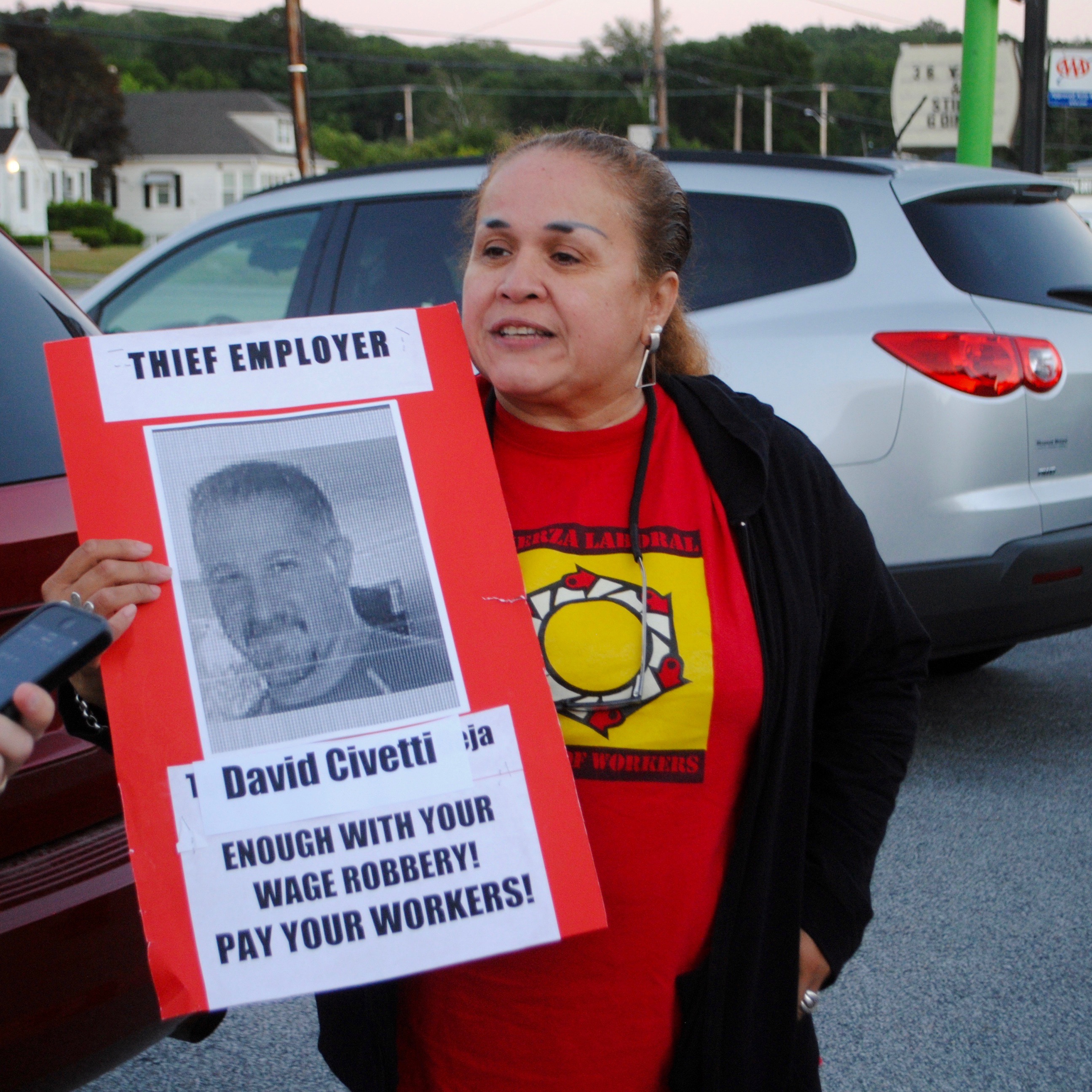
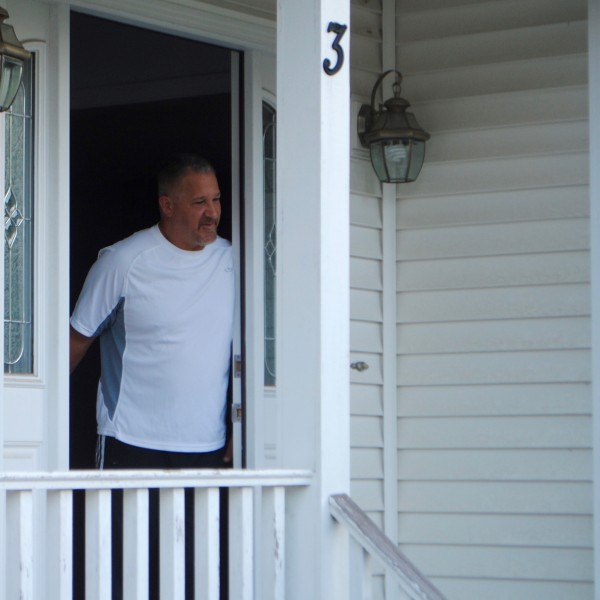
 The excuse given at the time was that Civetti was not satisfied with the work that had been done, say the workers.
The excuse given at the time was that Civetti was not satisfied with the work that had been done, say the workers.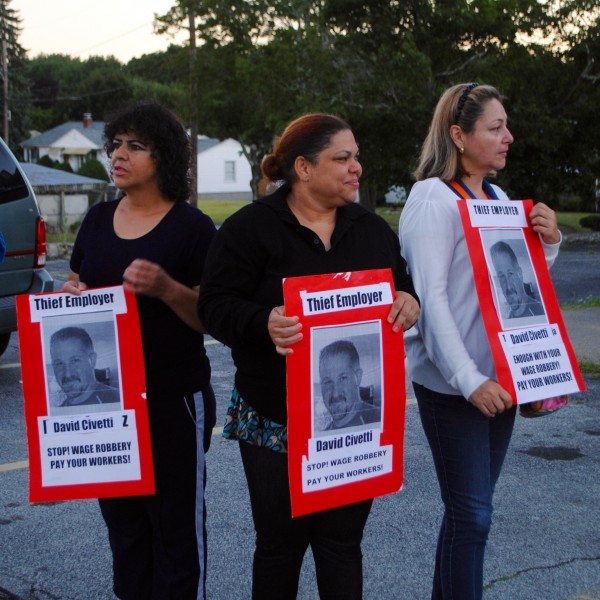 “You need to pay your workers,” said Heiny Maldonado, executive director of Fuerza Laboral.
“You need to pay your workers,” said Heiny Maldonado, executive director of Fuerza Laboral.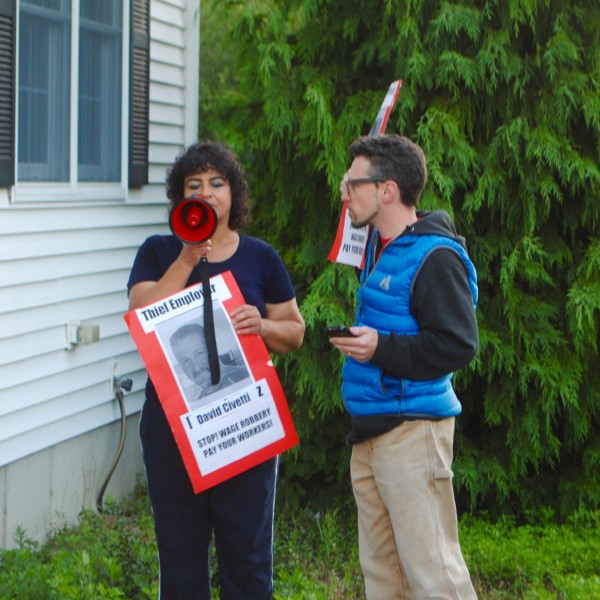 “We know the game,” said Raul Figueroa, organizer for Fuerza, “we deal with it every day.”
“We know the game,” said Raul Figueroa, organizer for Fuerza, “we deal with it every day.” Claiming that the workers were hired as subcontractors doesn’t let Civetti off the hook says Marissa Janton, a lawyer with the
Claiming that the workers were hired as subcontractors doesn’t let Civetti off the hook says Marissa Janton, a lawyer with the  Workers at the early morning action reminded Civetti that they were given tee shirts emblazoned with the company logo to wear while they worked. Civetti said that he gives out lots of tee shirts, and asked if wearing a Dunkin Donuts tee shirt means he works there.
Workers at the early morning action reminded Civetti that they were given tee shirts emblazoned with the company logo to wear while they worked. Civetti said that he gives out lots of tee shirts, and asked if wearing a Dunkin Donuts tee shirt means he works there.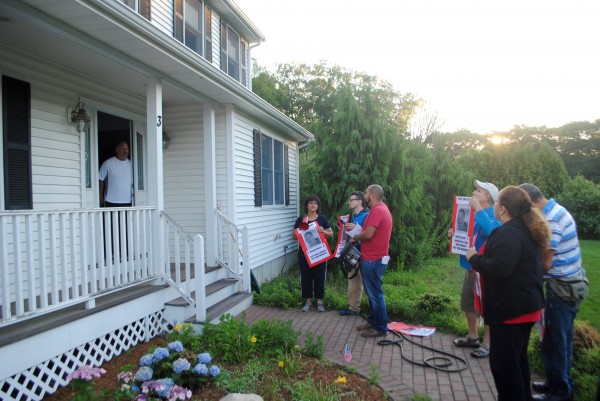
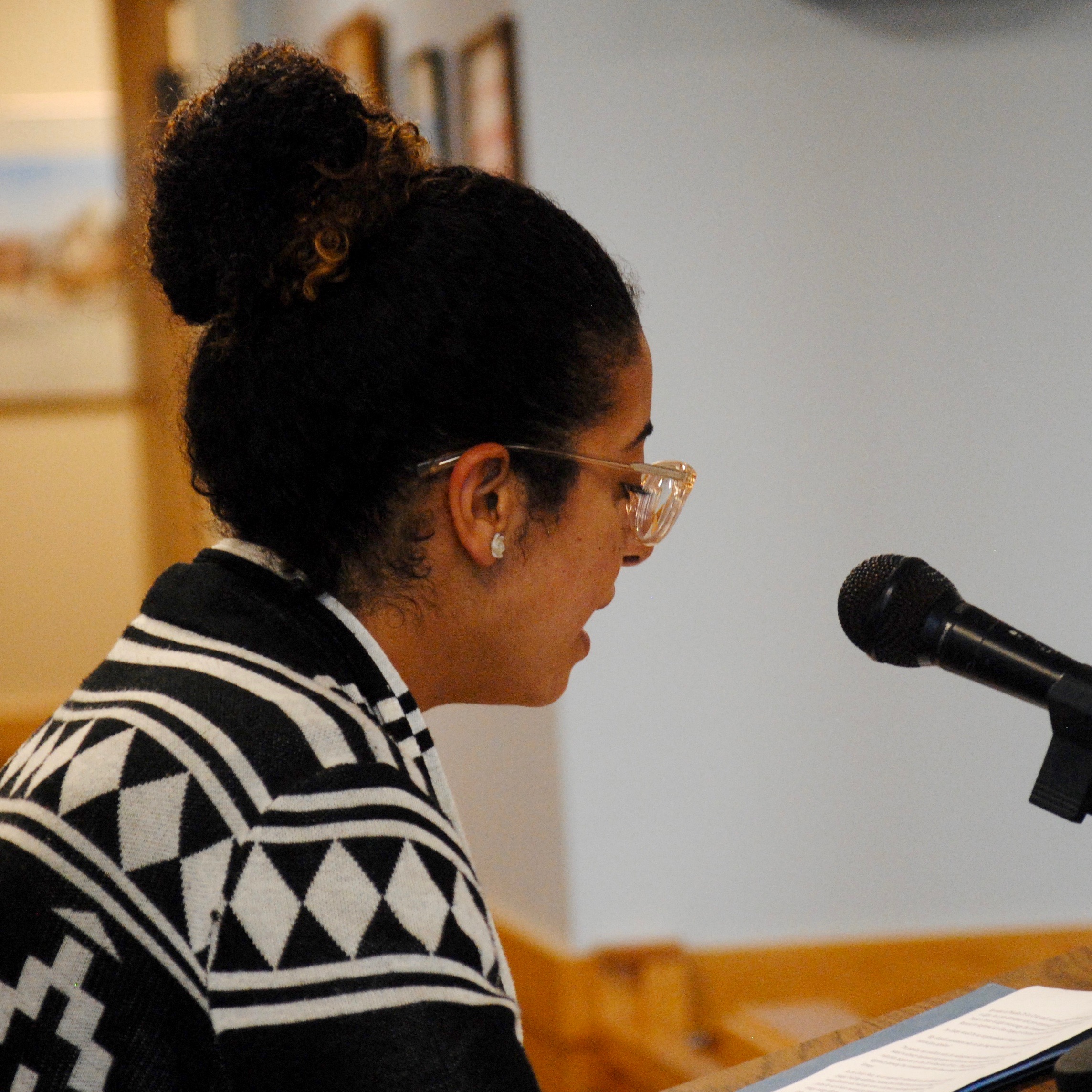
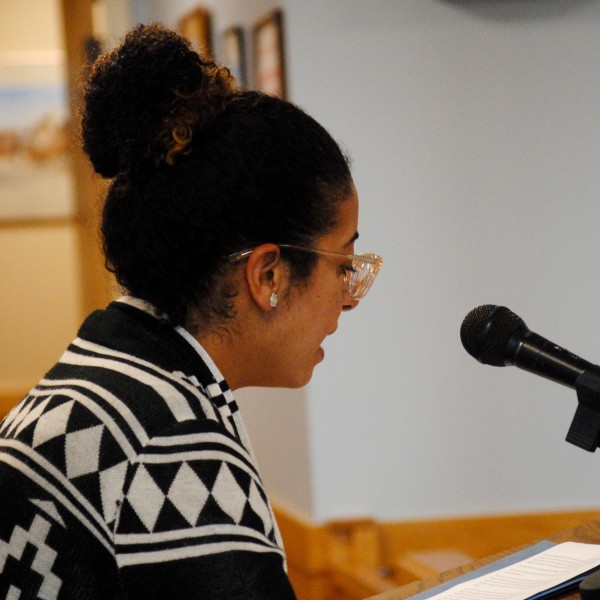
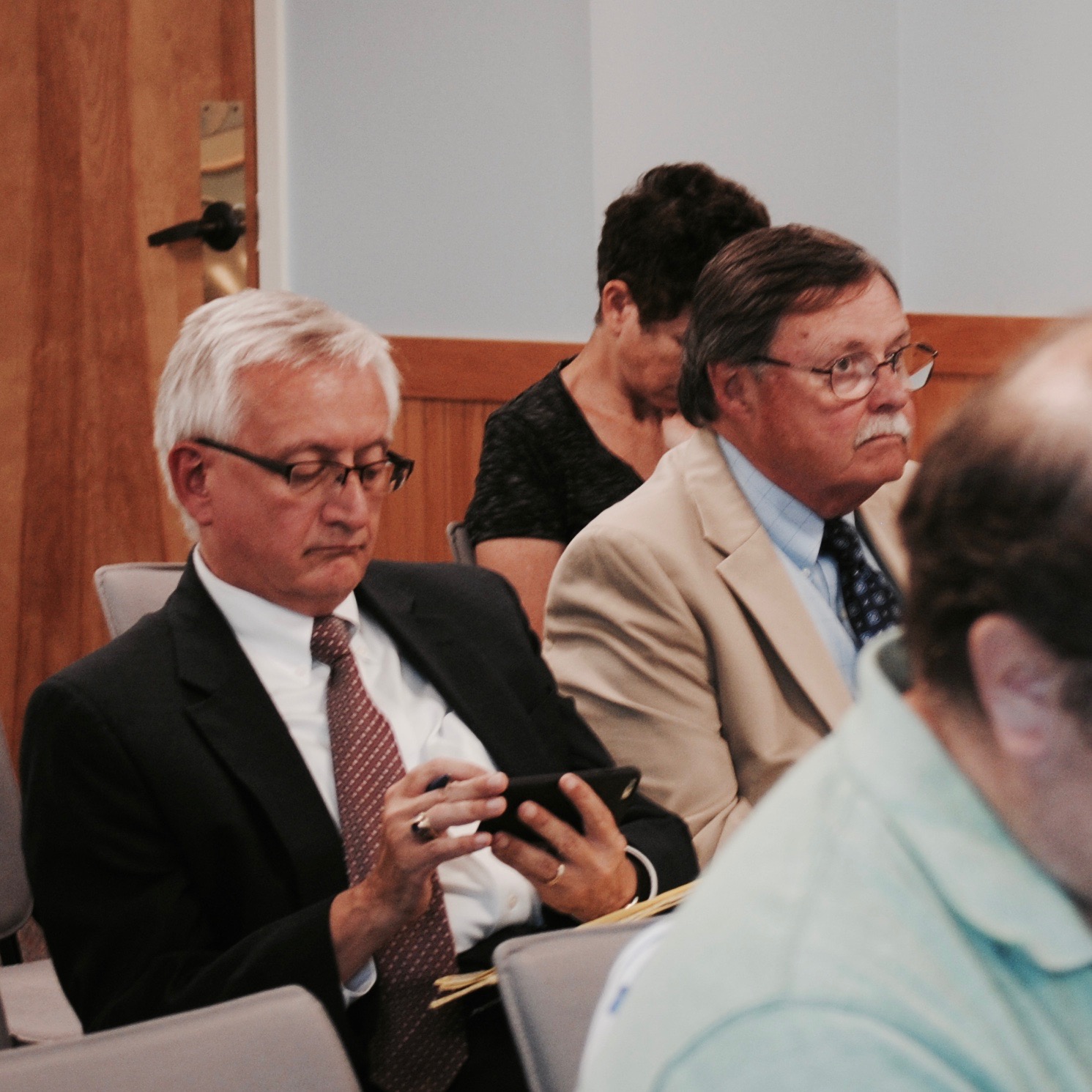
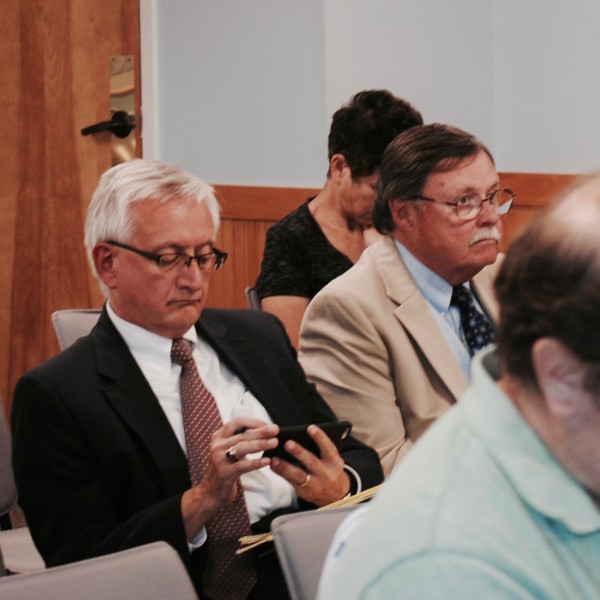
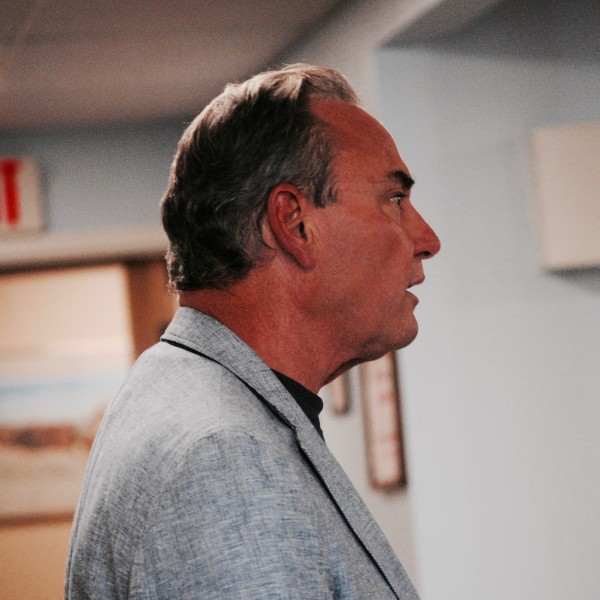
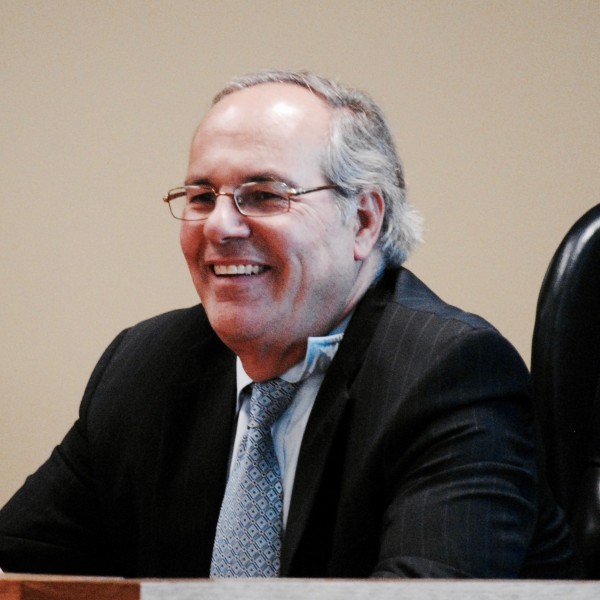
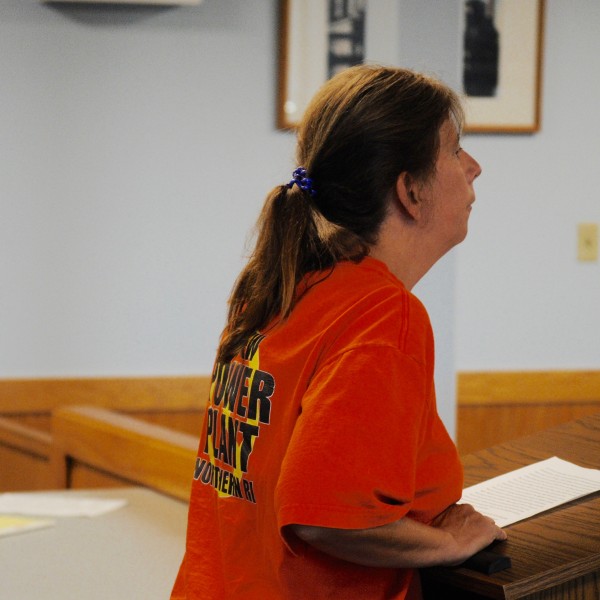
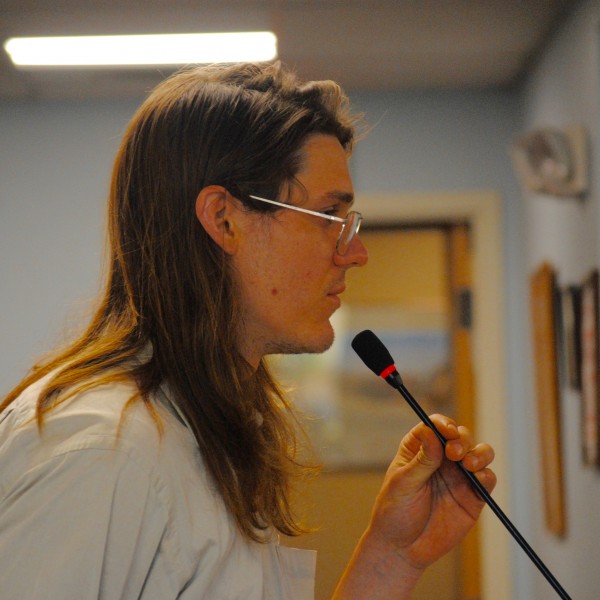
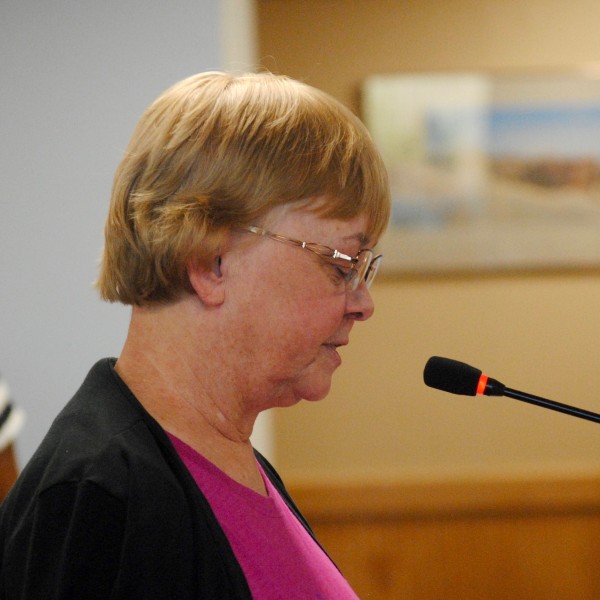
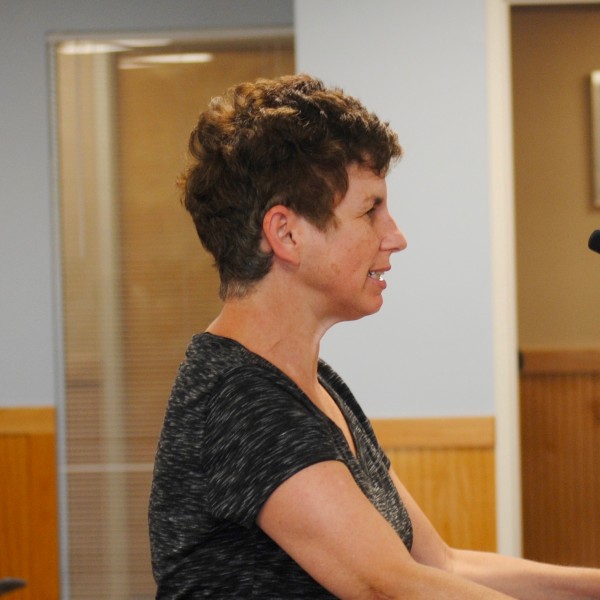
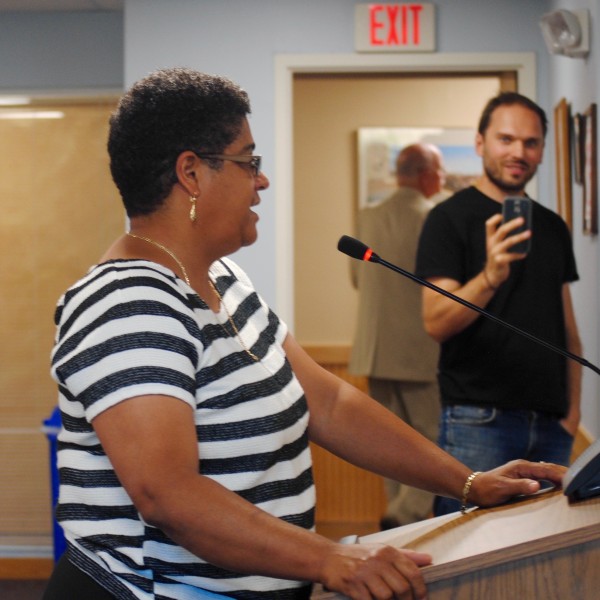

 To her fans and supporters all over the world, she is Malala. She is a superstar. But when she arrived in Providence the night before her appearance at the Dunkin Donuts Center, no one recognized her.
To her fans and supporters all over the world, she is Malala. She is a superstar. But when she arrived in Providence the night before her appearance at the Dunkin Donuts Center, no one recognized her.
 When Malala was 11 the Taliban took over her homeland in Swat Valley, Pakistan. The Taliban stopped her education. “Women’s rights and dignity were taken away… That was a very hard time.” On her last day of school, Malala says she “decided to speak out for [her]self and all the girls in [her] community.”
When Malala was 11 the Taliban took over her homeland in Swat Valley, Pakistan. The Taliban stopped her education. “Women’s rights and dignity were taken away… That was a very hard time.” On her last day of school, Malala says she “decided to speak out for [her]self and all the girls in [her] community.” Malala doesn’t see herself as special. “There are amazing girls in Swat Valley better than me,” she said, “but their parents did not allow them an education.” Malala’s father supported his daughter’s right to an education. When people ask her father what he did to raise such a daughter, says Malala, her father answers that it’s what he didn’t do that is important.
Malala doesn’t see herself as special. “There are amazing girls in Swat Valley better than me,” she said, “but their parents did not allow them an education.” Malala’s father supported his daughter’s right to an education. When people ask her father what he did to raise such a daughter, says Malala, her father answers that it’s what he didn’t do that is important. Lysiak’s short, on-stage interview with Malala demonstrates Malala’s commitment to women’s rights and the power of young girls. She was excited to answer Lysiak’s questions. To Malala education means allowing children the right to question and giving them access to critical thinking skills.
Lysiak’s short, on-stage interview with Malala demonstrates Malala’s commitment to women’s rights and the power of young girls. She was excited to answer Lysiak’s questions. To Malala education means allowing children the right to question and giving them access to critical thinking skills.





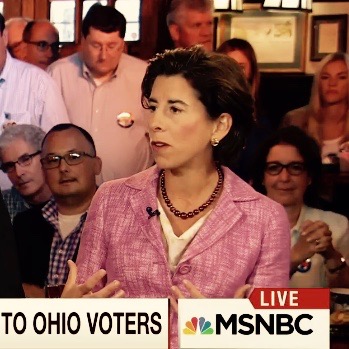
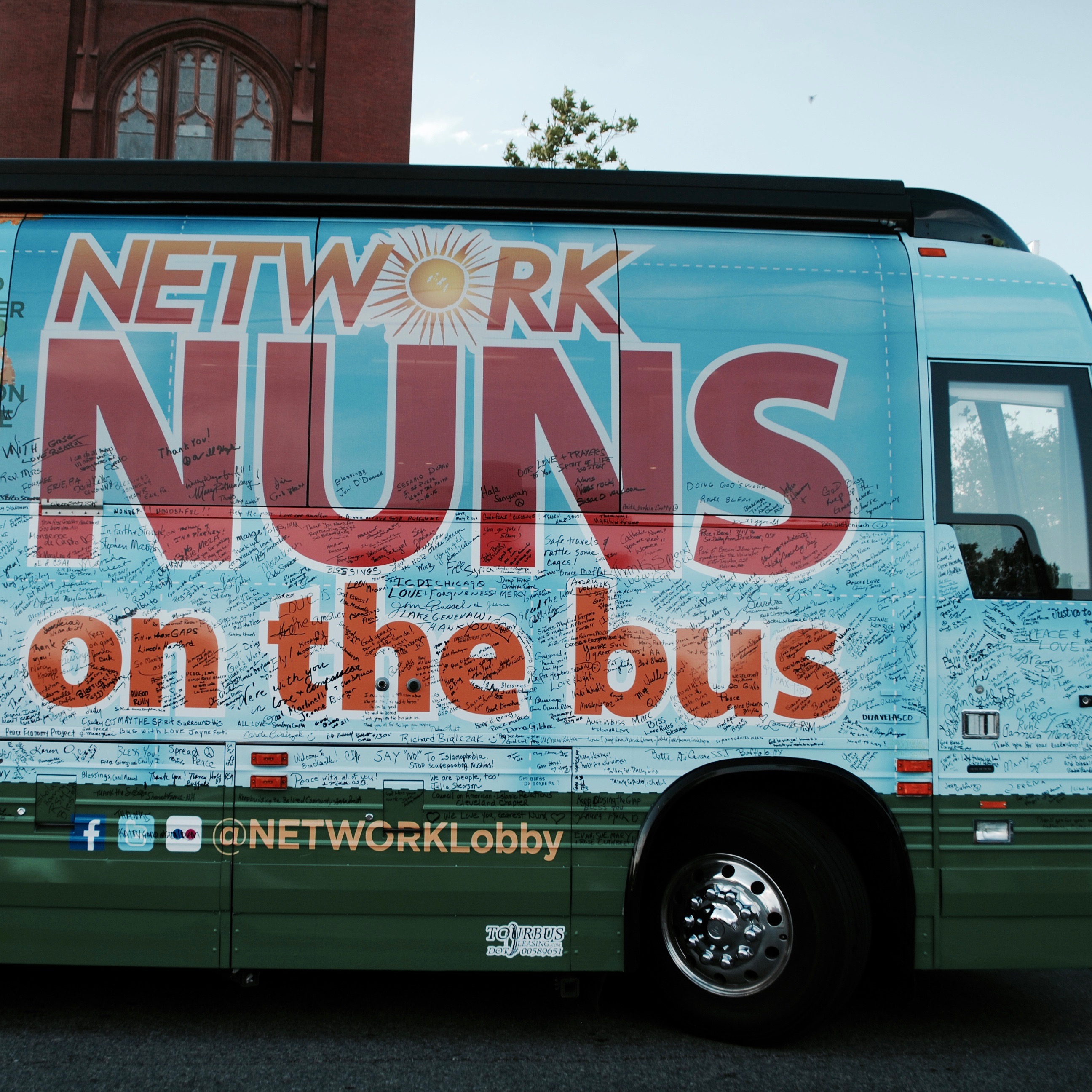
 The
The 






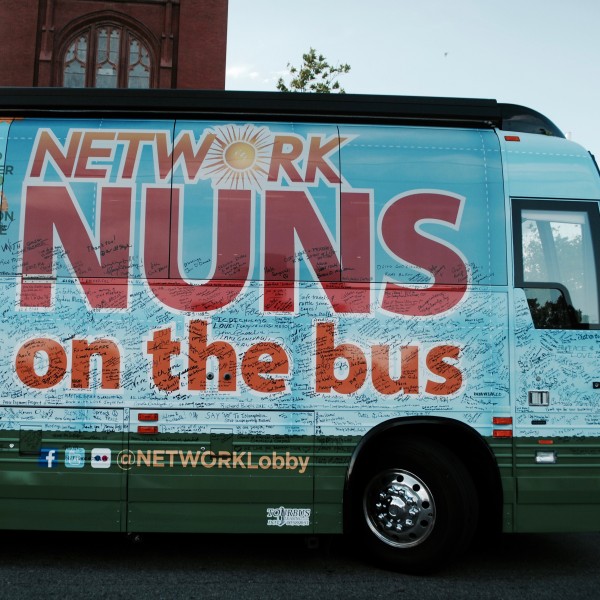

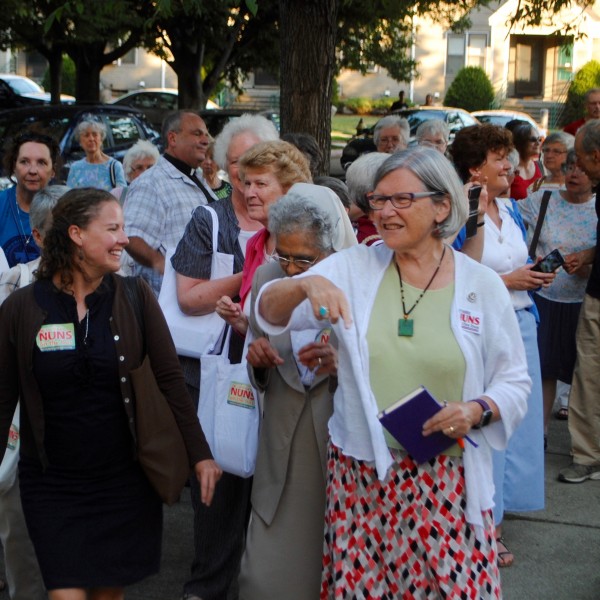
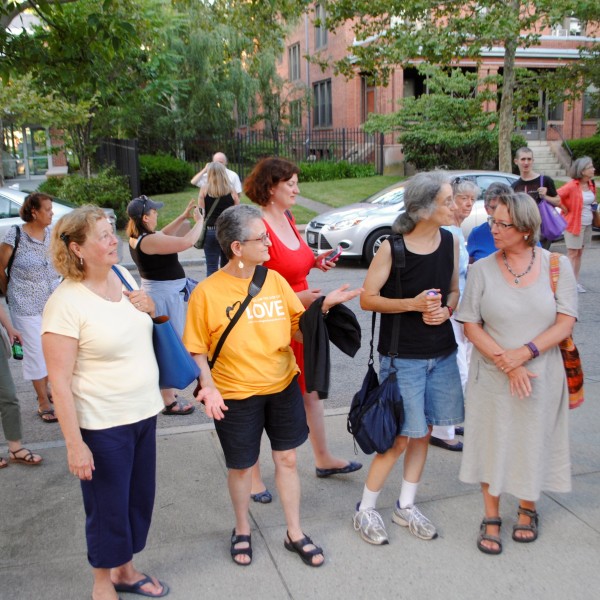
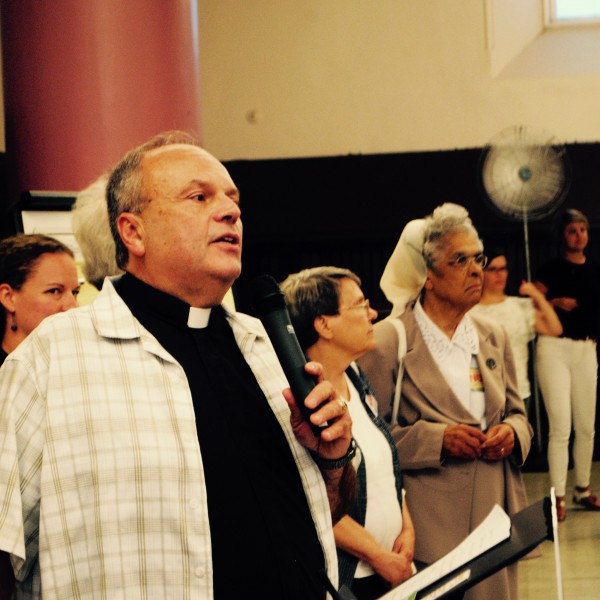
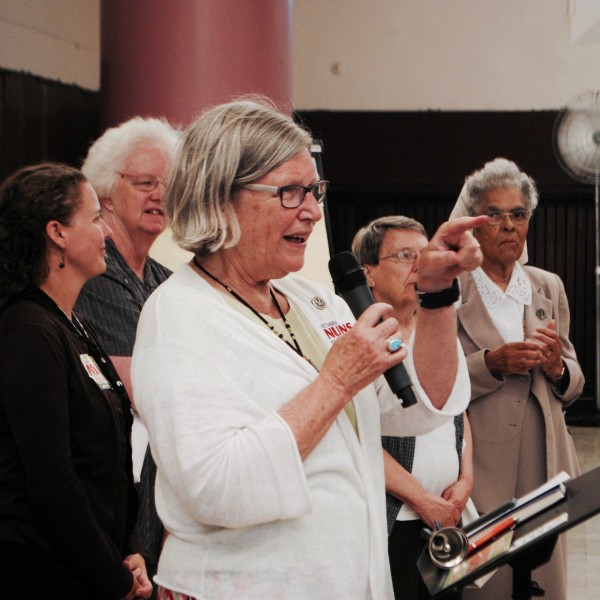
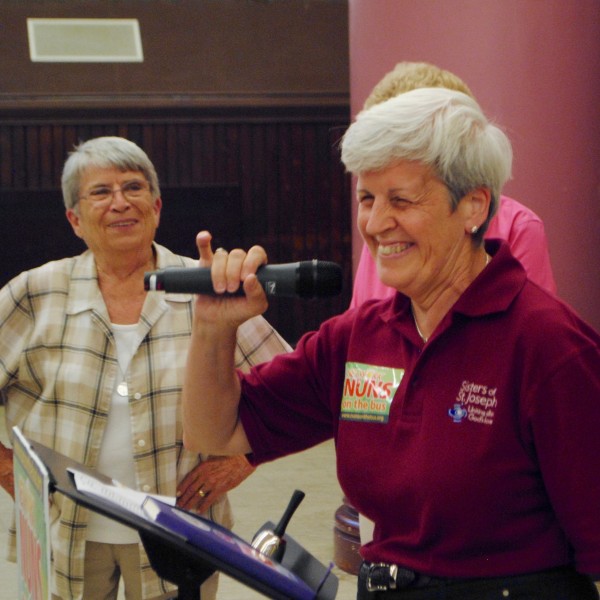
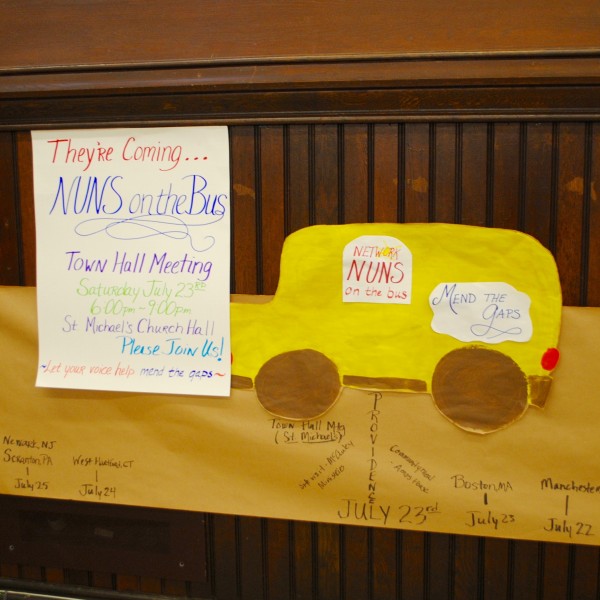
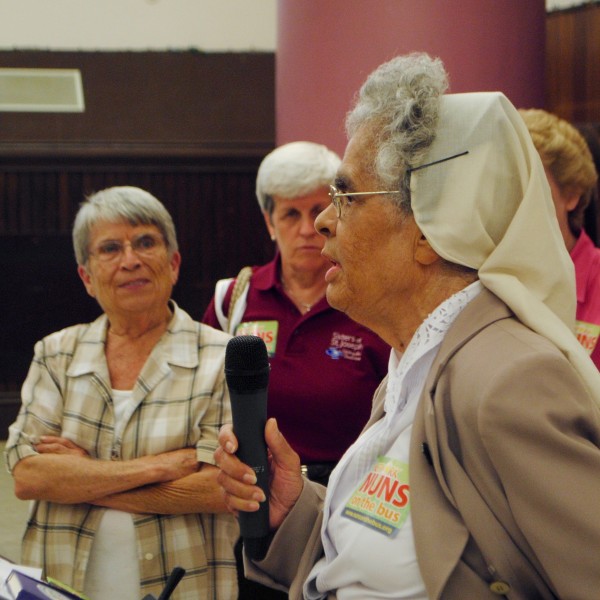
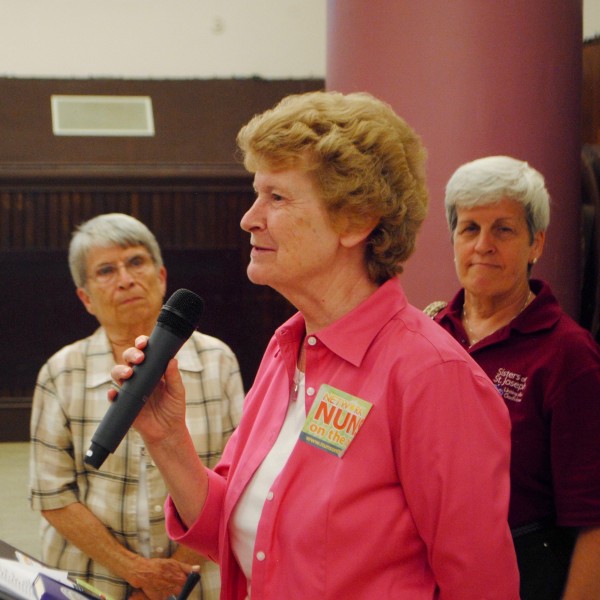
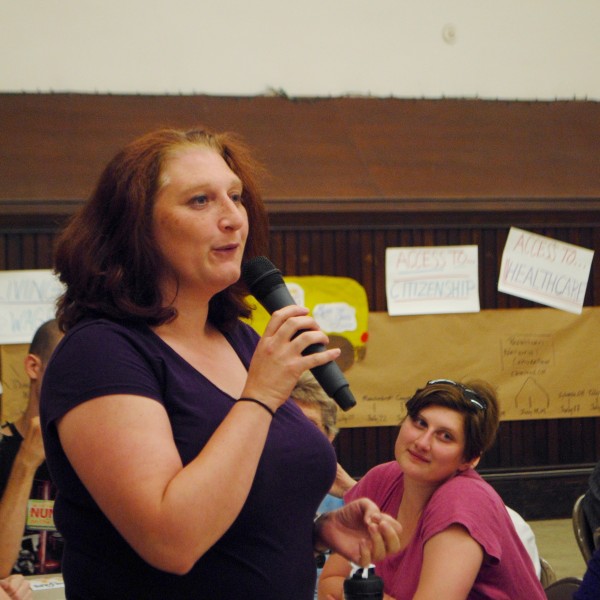
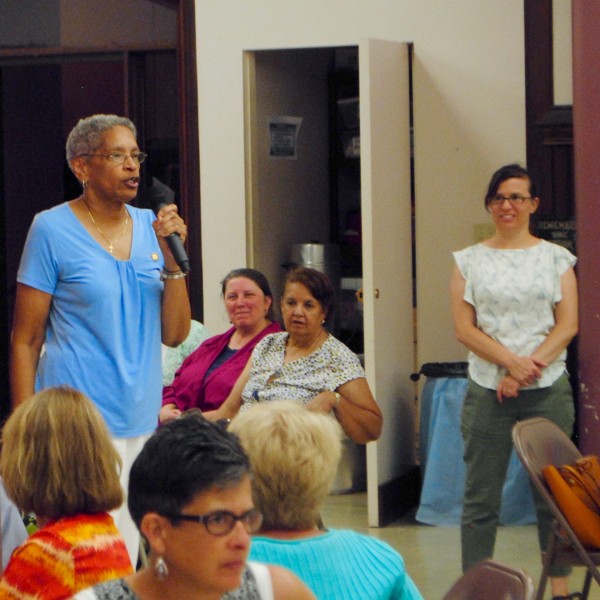
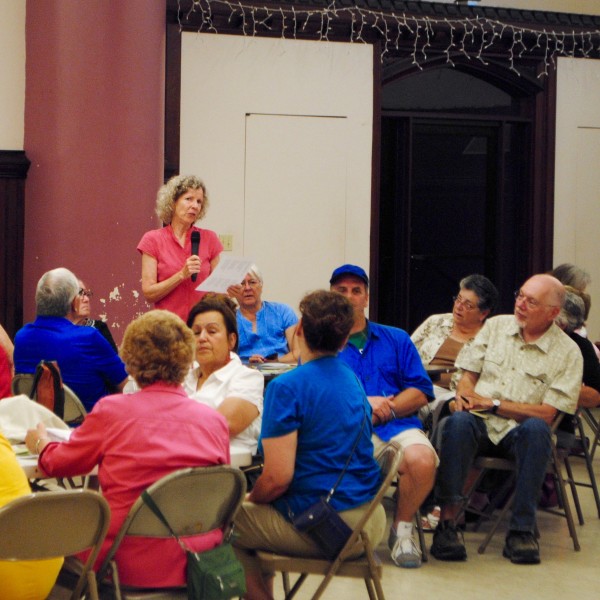

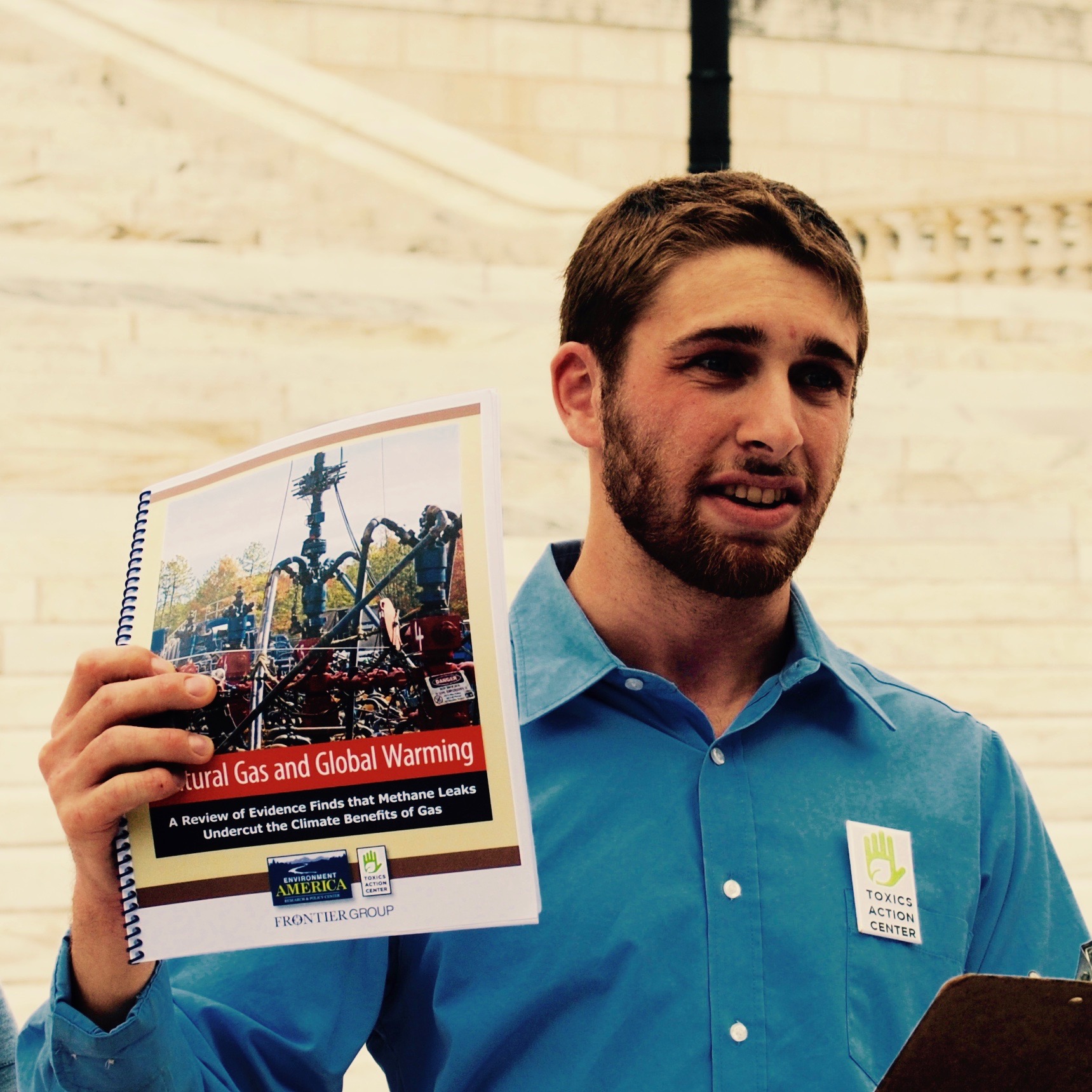
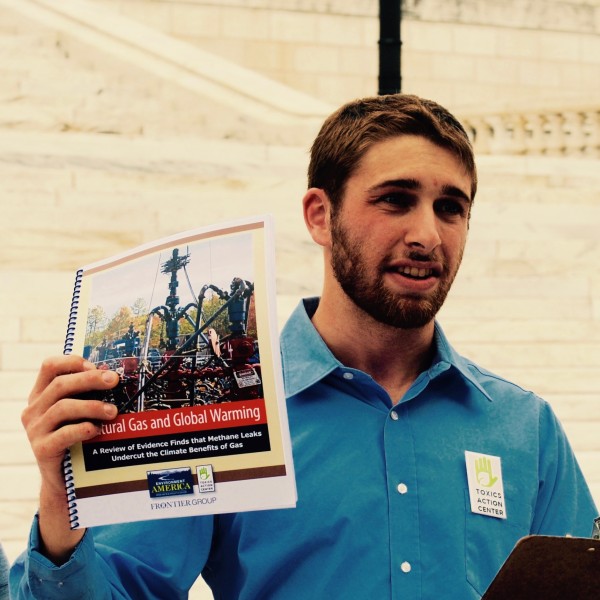
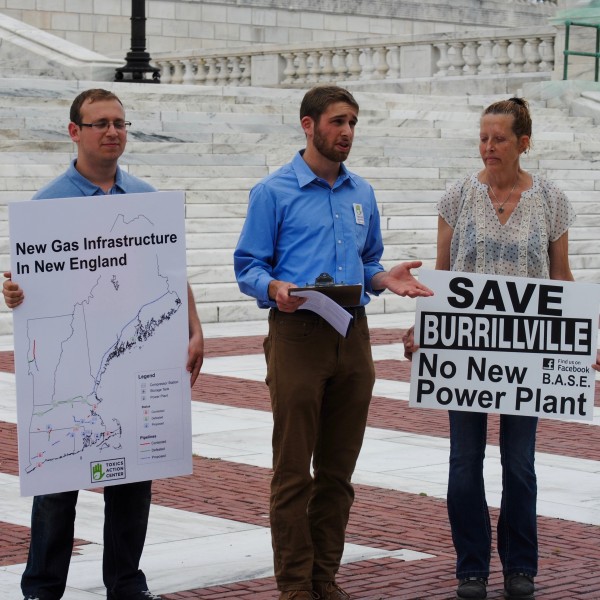 “For years, communities on the frontlines of proposed pipelines, power plants, compressor stations, and LNG terminals have been told by the fossil fuel lobby and politicians that gas is a low-carbon bridge to a clean energy future,” said Weilerstein. “Today, it’s clearer than ever that this is not the case. New fracked gas infrastructure proposed across the region threatens our climate future, our health, and our neighborhoods. It’s time to double down on clean local renewable energy sources right here in New England.
“For years, communities on the frontlines of proposed pipelines, power plants, compressor stations, and LNG terminals have been told by the fossil fuel lobby and politicians that gas is a low-carbon bridge to a clean energy future,” said Weilerstein. “Today, it’s clearer than ever that this is not the case. New fracked gas infrastructure proposed across the region threatens our climate future, our health, and our neighborhoods. It’s time to double down on clean local renewable energy sources right here in New England.